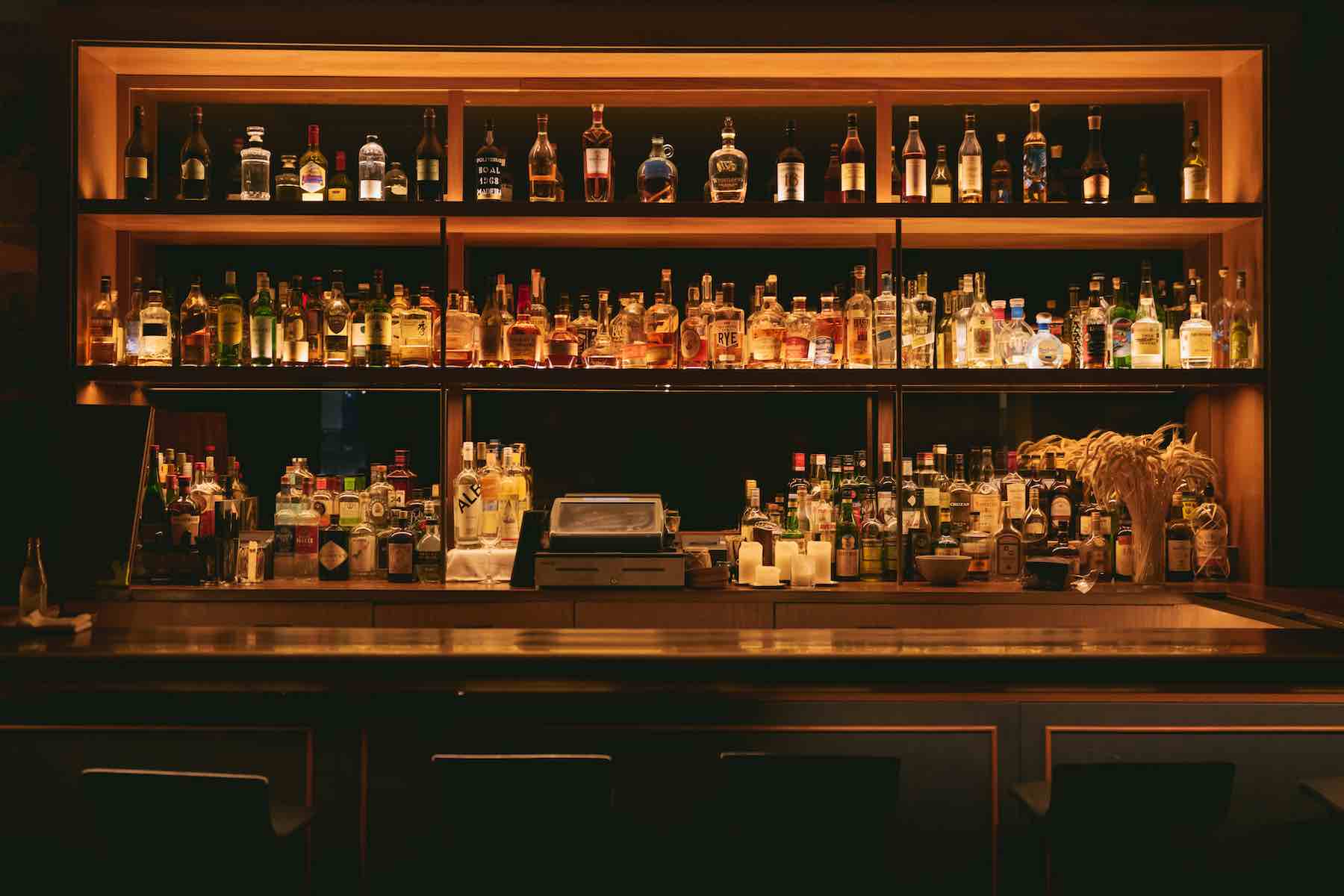
Cognac vs Whisky: Everything You Need To Know
For spirits lovers, there are plenty of beverages to choose from. One popular choice is cognac vs whisky, but do you know the difference between these two spirits? First of all, let’s start with the basics.
Both cognac and whisky are distilled spirits made from a fermented mash, but the key difference lies in that mash. Cognac is made from white wine grapes, specifically the Ugni Blanc variety, while whisky can be made from a variety of grains including barley, rye, wheat, and corn.
Another key distinction is the way these spirits are produced. Cognac must be distilled twice in copper pot stills and aged for at least two years in French oak barrels. While whisky can be distilled in pot stills or column stills. Maturation guidelines will vary depending on region, but in the case of scotch whisky it must be aged in oak barrels for a minimum of three years.
Both spirits also have their own distinct flavour profiles. Cognac is typically smooth and fruity with notes of vanilla. Whisky can range from smoky to sweet, with hints of spice and caramel. Anytime you want to enjoy the best whiskies, make sure to try them neat first. Then, depending on how high the ABV (Alcohol By Volume) is, and the degree of alcohol prickle you find, you can add a small amount of water to unlock the full flavour profile.
Cognac versus whiskey - which is better?
When it comes to deciding between cognac vs whisky, the answer really depends on personal taste. Both spirits offer a unique and delicious drinking experience. And really it’s up to you to decide which you prefer!
You may not be surprised that I'd express a preference for whisky. I'll avoid arguing that whisky is better per se. But what I, myself, would observe is the breadth and variety of flavours within the whisky category. From sweet and fruit, to coastal smoke, there's something for everyone.
Whether you prefer cognac or whisky, one thing is for sure - both spirits offer a delightful drinking experience that should not be missed! They can both be enjoyed in a variety of serves, from cocktails to neat. They're both great as an after-dinner treat, but can also both be enjoyed in a variety of settings. Try a food pairing or two!
The Difference in Production
Both spirits are made from a fermented mash which is then distilled and aged. So, they share a basic production process. But, there are some key differences.
Cognac is produced exclusively from white wine grapes. Whisky can be made from a variety of grains including barley, rye, wheat, and corn. If we're talking about single malt scotch whisky, then that grain has to be, specifically, malted barley.
Cognac must be distilled twice in copper pot stills and aged for at least two years in French oak barrels. Depending on the regional style, whisky can be distilled in pot stills or column stills. Maturation time will vary by regional style, and regional style itself is informed by the climate of the country it's being made in. In the case of Scotch whisky, then it has to be aged in oak barrels for a minimum of three years.
Cognac and Whiskey Flavour Profiles
Cognac is typically smooth and fruity with notes of vanilla, while whisky can range from smoky to sweet, with hints of spice and caramel. Some popular brands of Cognac include Hennessy and Martell, while popular whisky brands include Johnnie Walker (blended scotch) and Jim Beam (American bourbon whiskey).
Let's Have A Closer Look At Their Differences
1. Base Product
Cognac is produced exclusively from white wine grapes while whisky can be made from a variety of grains. This difference in the base product also adds to the variation in flavour profiles.
2. Distillation and Ageing Process
Cognac must be distilled twice and aged for at least two years in French oak barrels. Whisky can be distilled either twice or three times, and is often aged for at least three years in oak barrels. This difference in distillation and ageing process also contributes to the variation in flavour profiles.
3. Flavour Profile
Cognac is typically smooth and fruity with notes of vanilla, while whisky can range from smoky to sweet, with hints of spice and caramel.
4. Smell and Taste
Cognac has a fruity and floral aroma, while whisky often has a smoky or woody scent. The taste of Cognac is typically smooth with hints of vanilla, while whisky can range from sweet to smoky and have notes of spice or caramel.
5. Popular Brands
Popular mainstream brands of cognac include:
- Louis XIII
- Hennessy
- D'USSÉ
- Rémy Martin
- Martell
- Grand Marnier
- Pierre Ferrand
- Hine
Popular mainstream brands of whisky include:
- The Macallan
- Glen Moray
- Johnnie Walker
- Bunnahabhain
- Glenfiddich
- Tobermory Distillery
- Laphroaig
- The Balvenie
Why are there more whiskey brands than Cognac brands?
If you go to any supermarket, chances are you'll find a wider range of whiskies than cognac. A key reason for this is whisky can be produced in a variety of regions around the world, including Scotland, Ireland, Japan, and the United States. Cognac, on the other hand, can only be produced in the Cognac region of France. This geographically-protected nature of Cognac means there's, literally, less room for Cognac brands to develop. But there's a world of opportunity for whisky. Again, literally.
Age Terms For Both Cognac And Whiskey
The legal minimum ageing period for Cognac is two years, while the minimum ageing period for whisky varies by country. In Scotland, for example, the minimum ageing period for Scotch whisky is three years. In the United States, bourbon has no regulated minimum age, but "straight" whiskey has to be aged for at least two years.
However, most producers age their spirits longer to allow for the development of more complex flavours.
Some Cognac and whisky bottles will also have age terms indicating the age of the youngest spirit in the bottle. For Cognac, these terms include VS ("Very Special", at least two years), VSOP ("Very Special Old Pale", at least four years), XO ("Extra Old", at least six years), and Hors d’âge (at least ten years). For whisky, it will either be a "Non Age Statement" (NAS), meaning the age is not disclosed. Or, it will have an age statement, for example 12 Years Old, 18 Years Old, etc. This age statement means that the youngest whisky in the bottle is that stated age.
How Do Age Terms Determine the Quality of the Spirit?
The age term on a bottle of cognac or whisky does not necessarily determine the quality of the spirit. While older spirits may have had more time to develop their flavour profile, factors such as the type of barrel used for ageing and the distillation process can also contribute to the overall taste and quality of the spirit. Ultimately, it is up to personal preference whether a person prefers the flavour profile of a younger or older spirit.
Additionally, age terms can also affect the price of the bottle, with older spirits typically being more expensive. So be sure to taste and experiment before making a purchasing decision based solely on age terms.
When it comes to Cognac and whisky, there are many factors that contribute to the taste and quality of the spirit, beyond age. So go ahead, sip and savour, and find your own personal favourite.
Sales Collectivity for Both Cognac And Whisky
Cognac and whisky are both popular worldwide. Cognac has a slightly larger market share in Europe and North America, while whisky dominates in Asia. In 2018, global sales for Cognac reached $7.5 billion, while global whisky sales reached $10.4 billion.
However, within the spirits industry, there is a trend toward premiumization, with consumers opting for higher-end and more expensive brands.
Both cognac and whisky have seen growth in this segment of the market, with sales of premium Cognac increasing by 26% in 2018 and sales of premium whisky increasing by 8%.
So whether you prefer the sophistication of Cognac or the bold flavours of whisky, there are plenty of options to choose from. And you should be able to find something good wherever you are.
What About Their Global Sales Trends?
Both Cognac and whisky have seen steady growth in global sales over the past decade, with an increasing demand for premium brands.
In recent years, cognac sales have been particularly strong in China and the United States, while whisky continues to dominate in Asian markets such as Japan and South Korea. Overall, the global spirits industry is expected to continue to grow in the coming years.
So whether you’re a cognac connoisseur or a whisky enthusiast, there are plenty of options to choose from and enjoy in the growing spirits market.
10 Best Cognac Brands On The Market
There are many cognac brands to choose from, but some of the top-rated and popular options include these ten:
- Hennessy: With a history dating back to 1765, this well-known brand offers a wide range of age terms and flavour profiles.
- Martell: The oldest of the major cognac houses, Martell is known for its smooth and elegant spirits.
- Camus: This family-owned cognac house prides itself on its terroir and sustainable farming practices.
- Rémy Martin: Known for their iconic Rémy Martin VSOP and Rémy Martin XO releases, they also offer a range of limited edition and vintage expressions.
- Delamain: This smaller cognac house focuses on producing older, more mature expressions.
- Courvoisier: From their popular Courvoiser VSOP to their rare L’Essence de Courvoisier, this cognac house offers a range of options for every taste.
- Frapin: This family-owned cognac house produces both traditional and innovative expressions, including a line made with grape eau de vie from a single vineyard.
- Hine: This cognac house specialises in older expressions and also offers a range of vintage cognacs.
- Bisquit: Known for its smooth and balanced spirits, Bisquit offers both traditional and flavoured cognacs.
- Tesseron: With a focus on rare and old cognacs, Tesseron offers a range of age terms and unique blends.
10 Best Whisky Brands On The Market
When it comes to whisky, there are countless brands and varieties to choose from. Here are 10 of the best whisky brands, a mixture of indie brands and established:
- MacTalla Mara Islay Single Malt Whisky: This is an amazing choice, with smoky, peaty notes balanced by sweet vanilla and citrus flavours. MacTalla is an excellent choice for someone who wants a cask strength Islay whisky.
- Imperial Tribute: The Imperial Tribute is a Limited-edition blend from the man who made Johnnie Walker Blue Label, with complex flavours of toffee, spice, and smoke.
- Firkin Islay Caol Ila 2010: This is an excellent Islay whisky, with a custom marsala cask finishing adding rich flavour notes of raisin, toffee, and tobacco.
- Old Perth Cask Strength: Old Perth is another world-class whisky brand, this one featuring a sherry cask finish that adds depth and complexity to its smooth, rich flavours.
- Nc'nean Organic Single Malt Whisky: Nc'nean's scotch whisky is organic, and has a light, delicate flavour profile with notes of honey and citrus.
- Brig O'Perth Blended Malt Whisky: Brig O'Perth is a high quality blended malt, very respectable 14 year age statement and a healthy ABV of 46.7%.
- Firkin Ten Benrinnes 2008 Single Cask Whisky: An excellent single cask whisky, Firkin Ten has a bold flavour profile full of bright spice.
- Glenmorangie Original Highland Single Malt: A classic malt whisky, Glenmorangie Original has a smooth flavour profile with notes of vanilla and citrus.
- The Lakes Distillery Whiskymaker's Editions Infinity: Lakes Infinity is a superb whisky that has a bold flavour profile, with notes of tropical fruit, spice, and oak.
- Balvenie 12 Year Old Triple Cask Scotch: This single malt scotch has a smooth, creamy texture and flavours of honey and spice.
Where Can You Buy Cognac And Whiskey Online?
Cognac and whisky can be purchased at reputable online stores, and also in some neighbourhood stores. Prices vary depending on the brand and age term. It is also worth considering purchasing directly from the distillery for special or limited edition expressions.
One good option is to visit us here at TopWhiskies. We're an online specialist retail showcasing the best independent whisky brands. We sell a wide range of unique whiskies from around the world. So do check out our range of independent whiskies here.
Frequently Asked Questions
Here are 5 frequently asked questions about cognac and whisky:
1. What is the difference between cognac and whisky?
Cognac is a type of brandy made from specific types of grapes in the Cognac region of France, while whisky (or whiskey) can be made from a variety of grains and produced anywhere in the world.
2. Can cognac or whisky be enjoyed on the rocks?
Both cognac and whisky can be enjoyed on the rocks, though some purists may argue that adding ice restricts the flavour of the spirit. Ice contracts flavour molecules, making it harder to experience the full character of a spirit. As an alternative, try adding a few drops of water. Water will help reduce any alcohol burn you may experience from high ABV spirits. And, water will help unlock flavours.
3. Can cognac or whisky be used in cocktails?
Both cognac and whisky can be used in cocktails, with each offering a unique flavour profile. Popular cognac cocktails include the Sidecar and the Vieux Carré, while whisky cocktails include the Highball and the Old Fashioned.
4. Can cognac or whisky be aged?
Both cognac and whisky can be aged in barrels, with each offering a range of age terms. Ageing typically adds complexity and depth to the flavour profile of the spirit.
5. Is cognac or whisky better?
This ultimately comes down to personal preference. Both spirits offer a range of flavour profiles and styles. So it is best to sample and explore to find your favourite.
6. What type of glass should be used to enjoy cognac or whisky?
Cognac is typically enjoyed in a tulip-shaped glass, also known as a snifter, to capture the aromas. Whisky can be enjoyed in a variety of glasses, including the classic lowball or rocks glass, or a Glencairn glass specifically designed for whisky tasting. And if you're looking for a touch of luxury, crystal whiskey glasses are always an elegant option.
7. Can cognac or whisky be enjoyed with food?
Both cognac and whisky can be enjoyed as an after-dinner drink, or paired with certain foods. Cognac pairs well with chocolate desserts, while whisky pairs well with smoked meats and cheeses.
8. How should cognac or whisky be stored?
Cognac and whisky should be kept in a cool, dark place to preserve their flavour and prevent evaporation. They do not need to be refrigerated after opening.
9. Can cognac or whisky be frozen?
While freezing cognac or whisky will not harm it, it can potentially affect the flavour and texture. It is not recommended to freeze either spirit for extended periods of time.
10. Can non-alcoholic versions of cognac or whisky be found?
There are non-alcoholic versions of both cognac and whisky available, though their flavour profiles may differ from traditional versions. These can be enjoyed by those who do not consume alcohol, or as a lower-proof alternative.
By exploring the world of cognac and whisky, you can find your preferred style and flavour profile to enjoy on its own or in cocktails. Remember to store and serve properly to get the most out of each sip. Cheers!
Conclusion, which one is better?
While both cognac and whisky are distilled spirits made from a fermented mash, they have distinct differences in production methods, flavour profiles, and regional origins. Cognac is produced in the Cognac region of France using specific grapes and distillation techniques, while whisky can be made from a range of grains and is produced all over the world.
There are popular brands in all the categories, and depending on your personal taste, you may prefer the smoothness of cognac or the smoky depth of whisky. No matter what you choose, both spirits make for a delicious sipping experience.
Cheers!
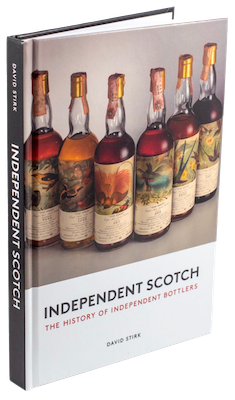
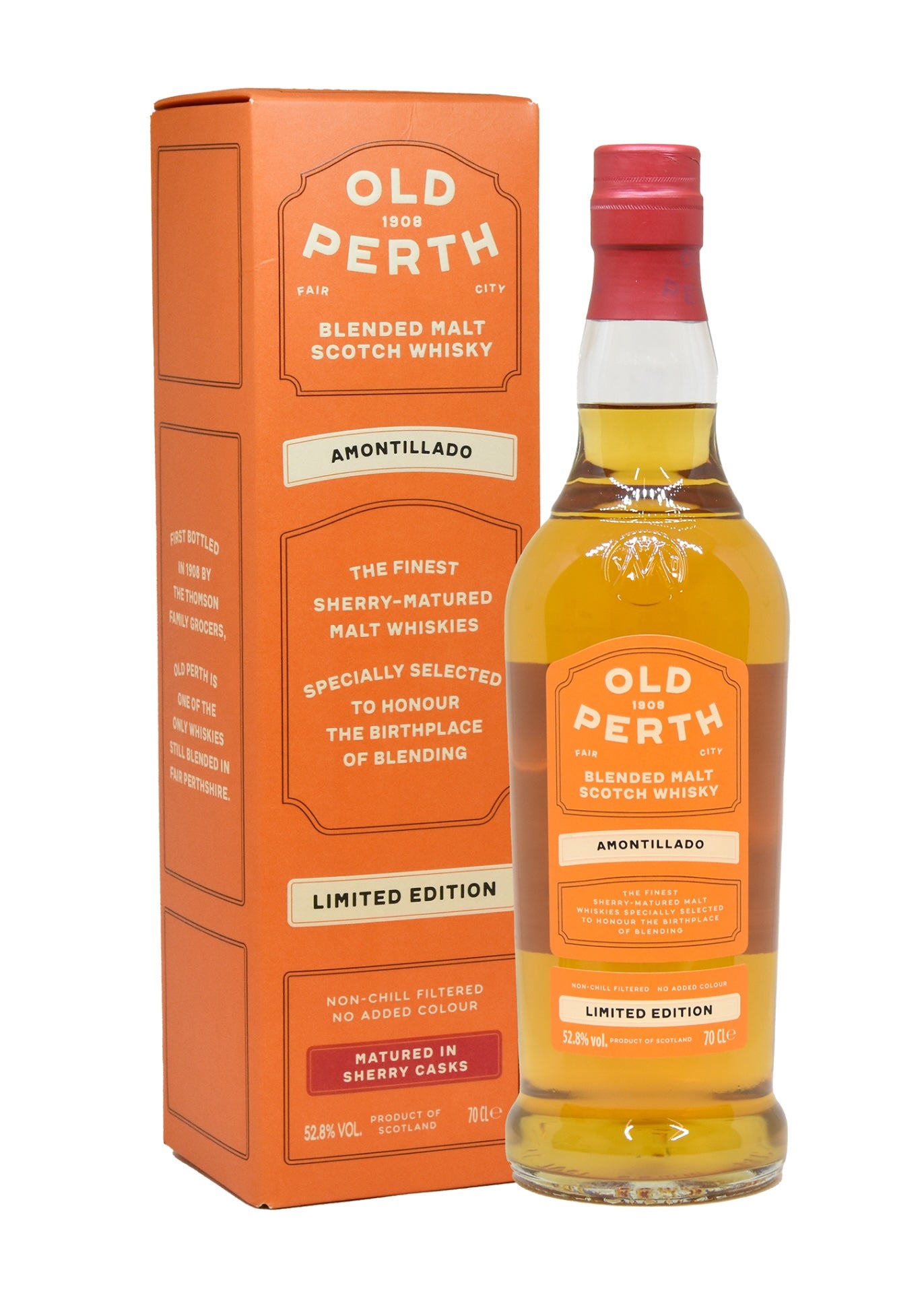
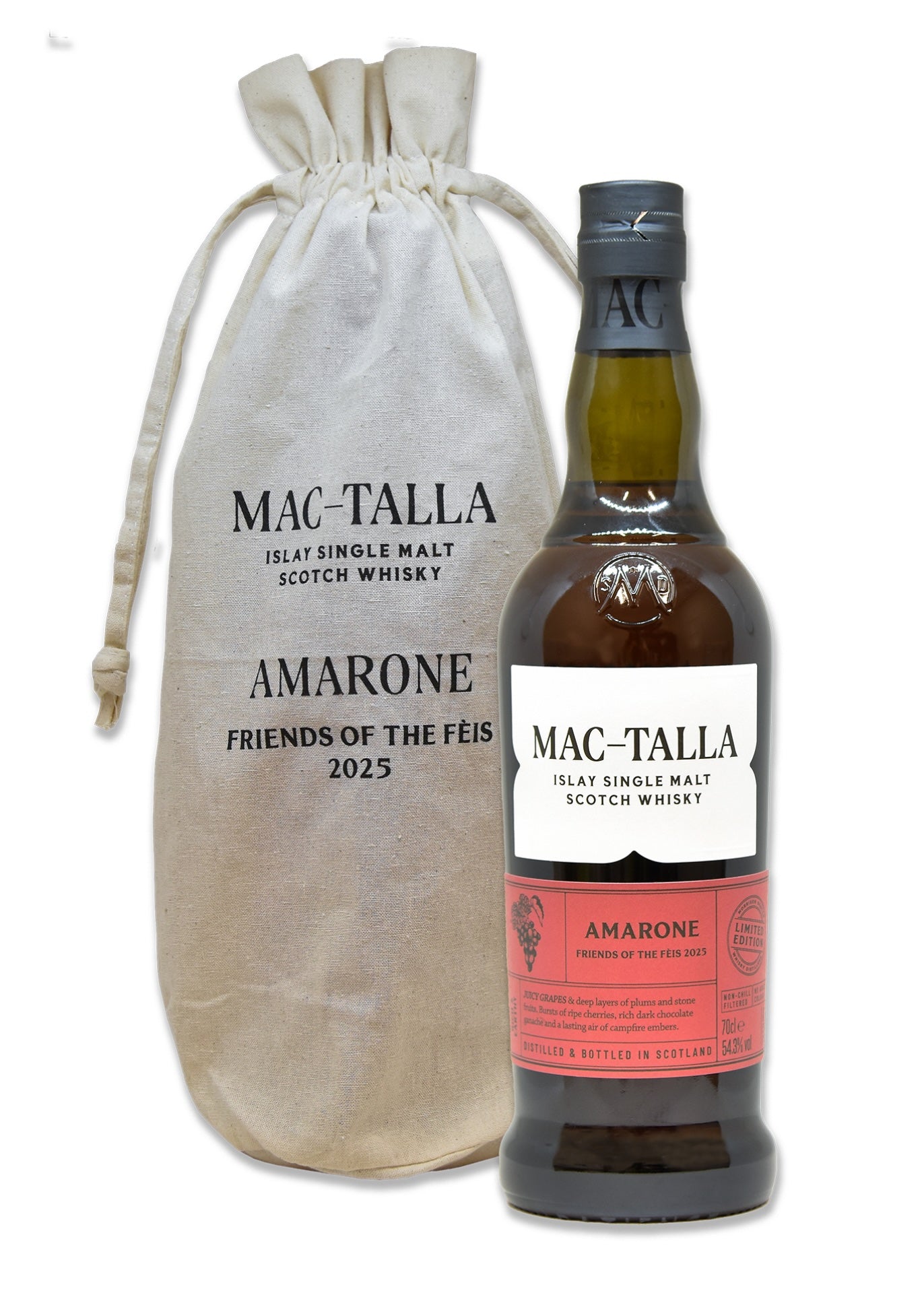
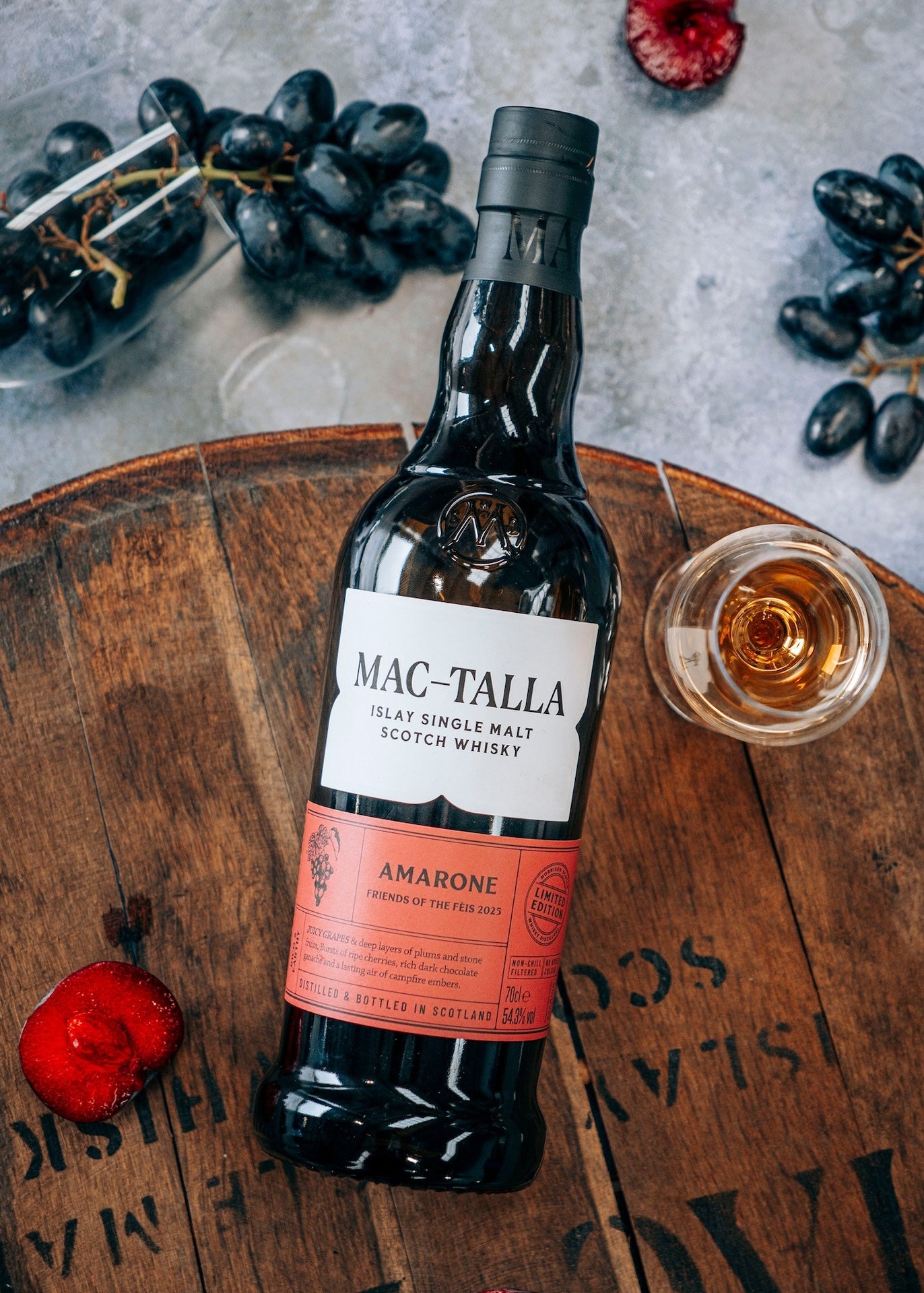
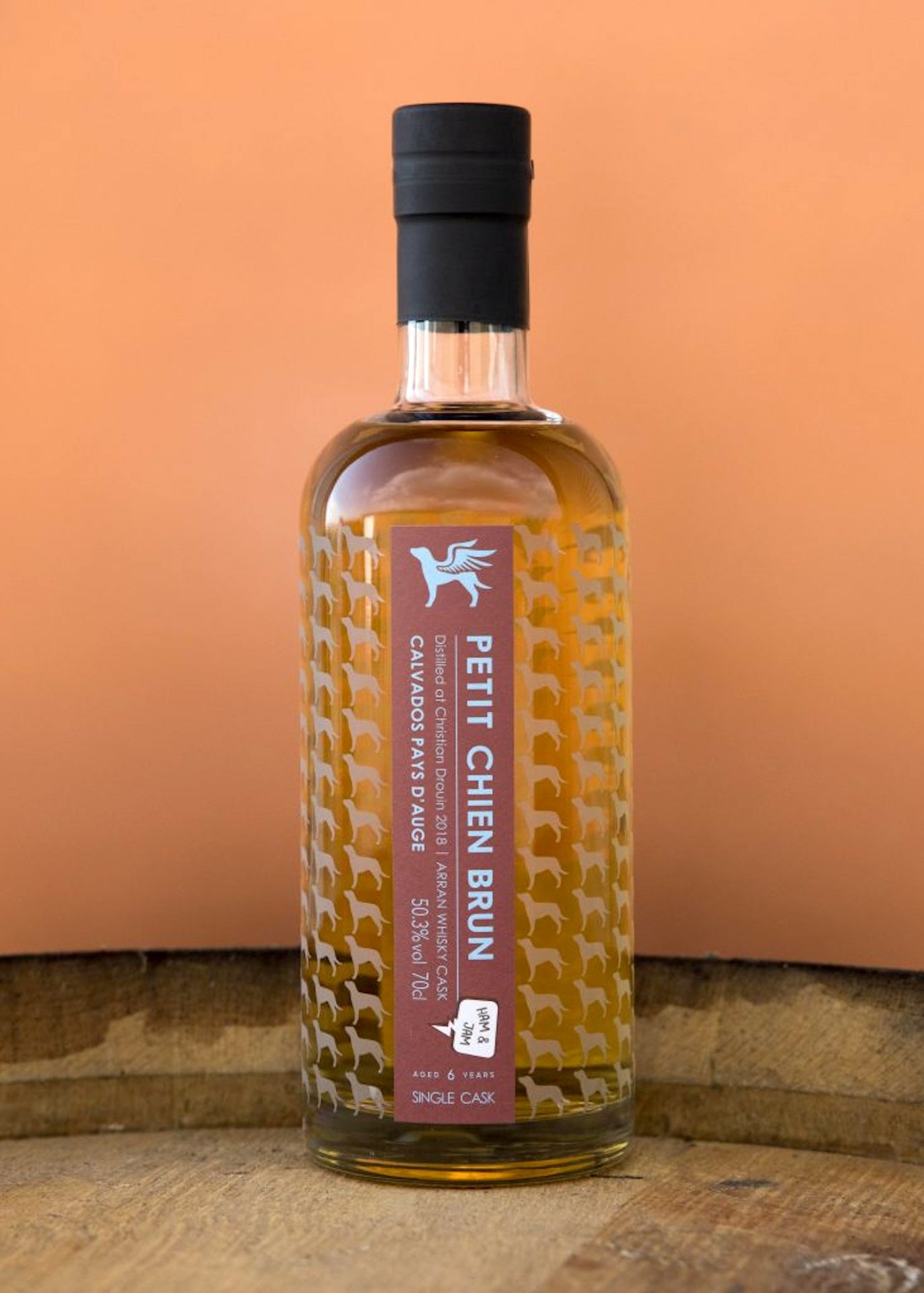
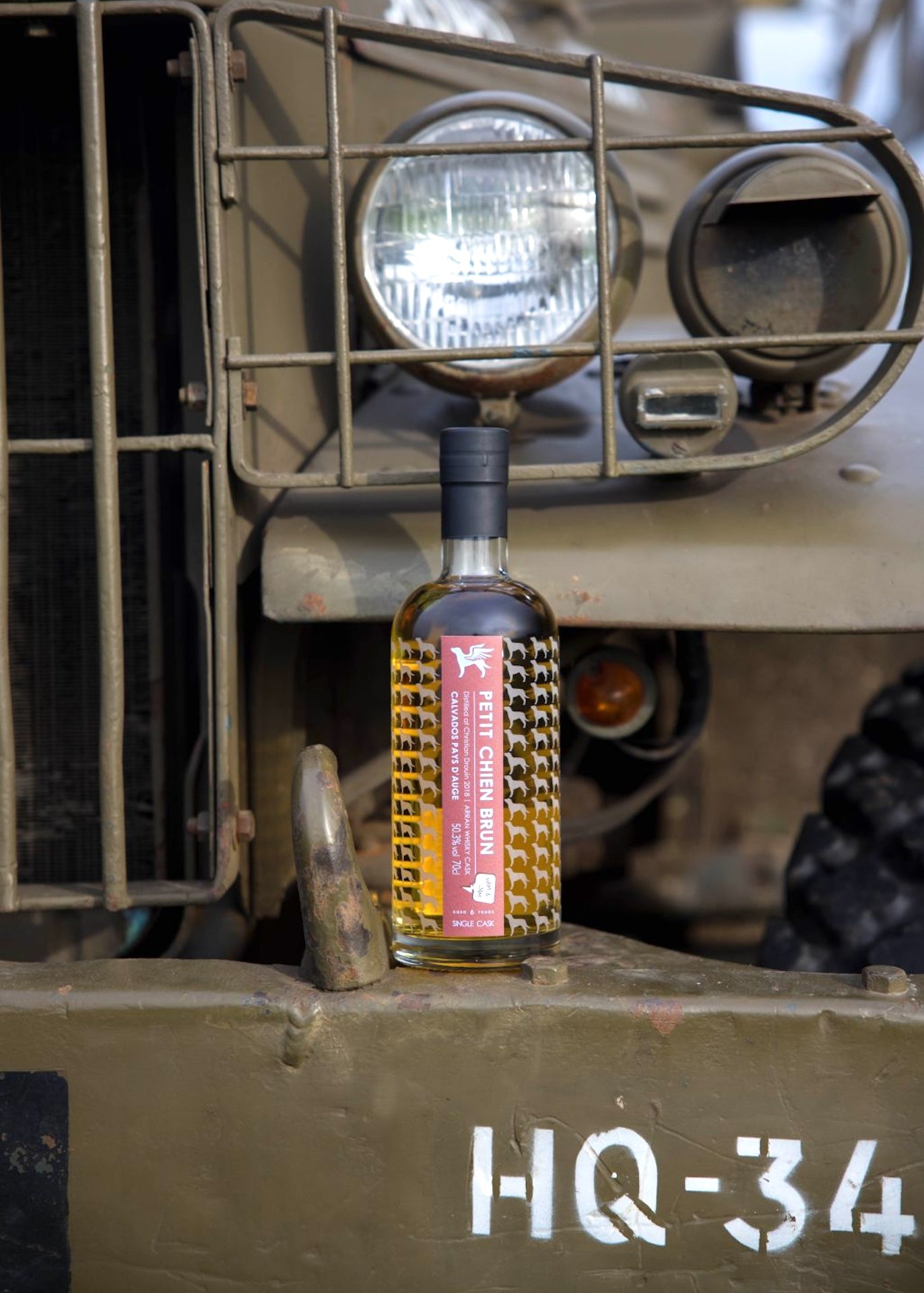
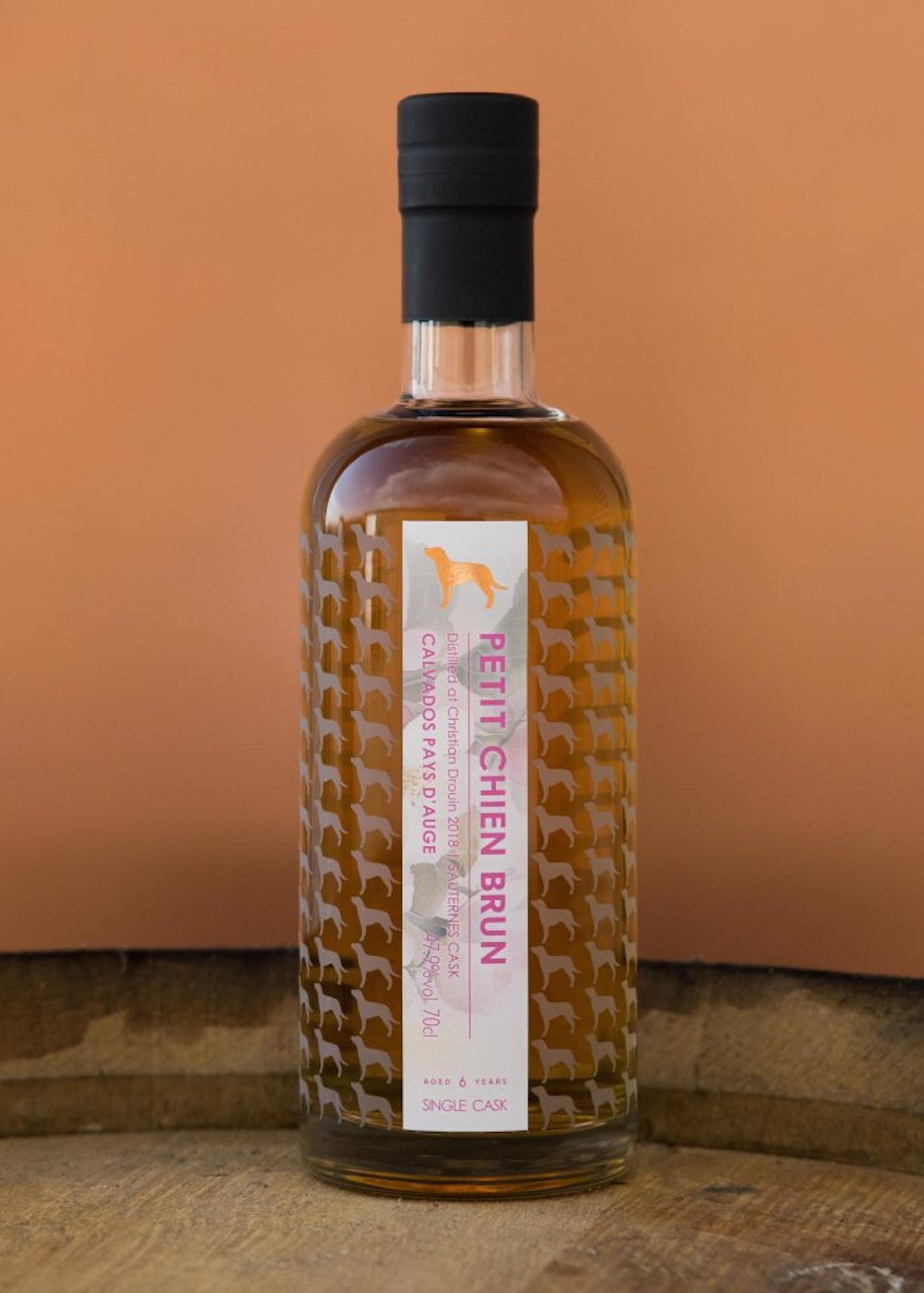
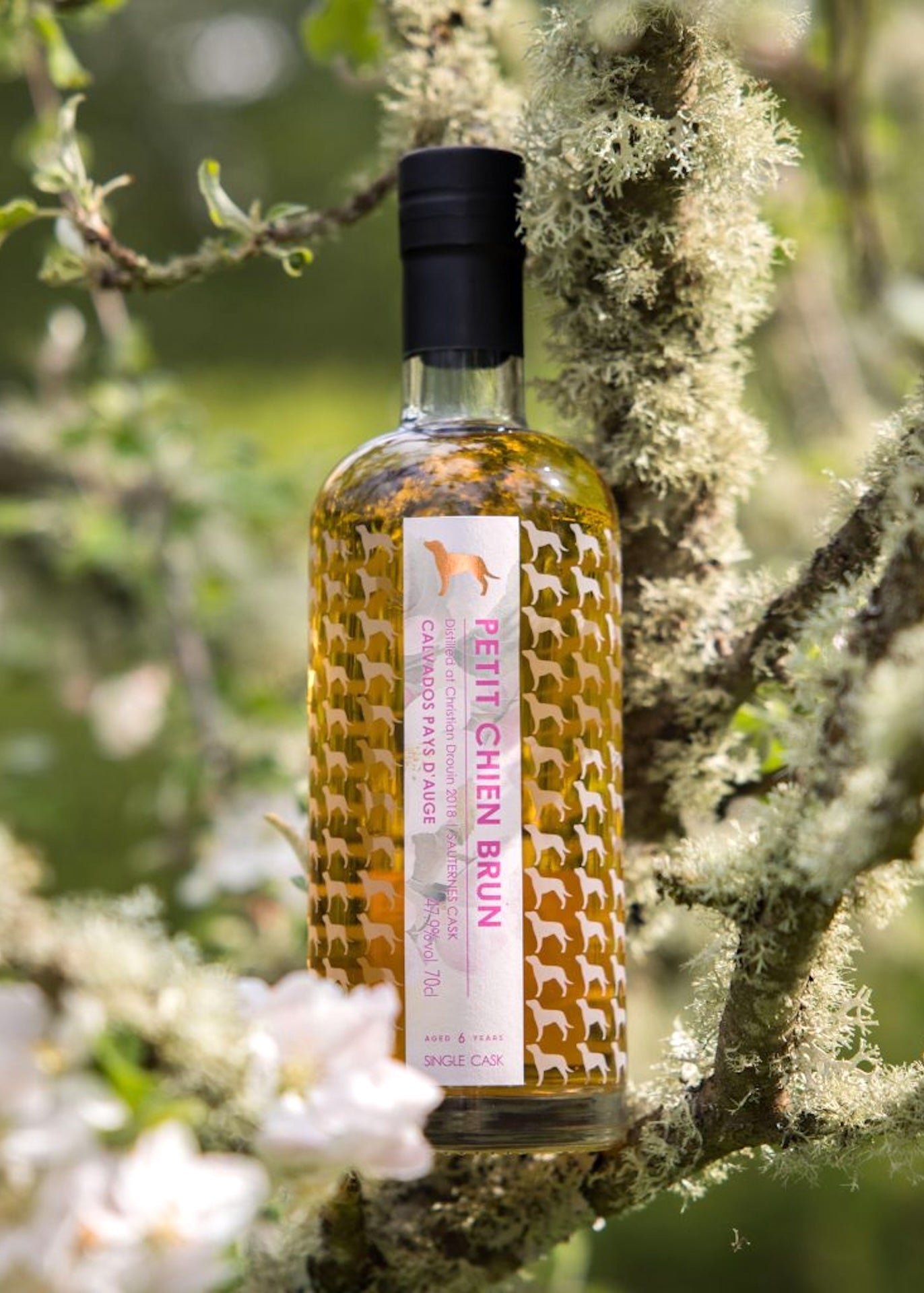
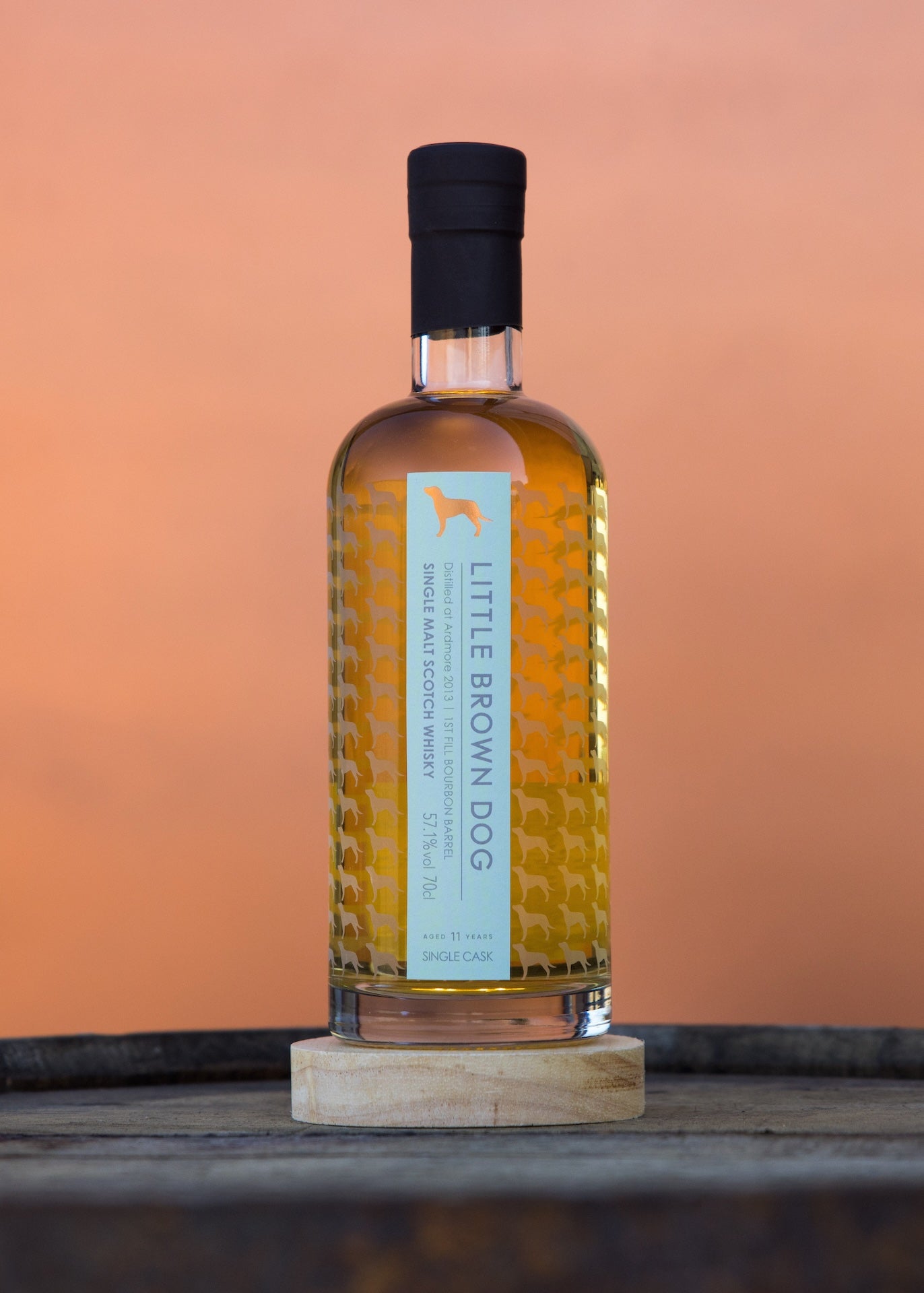
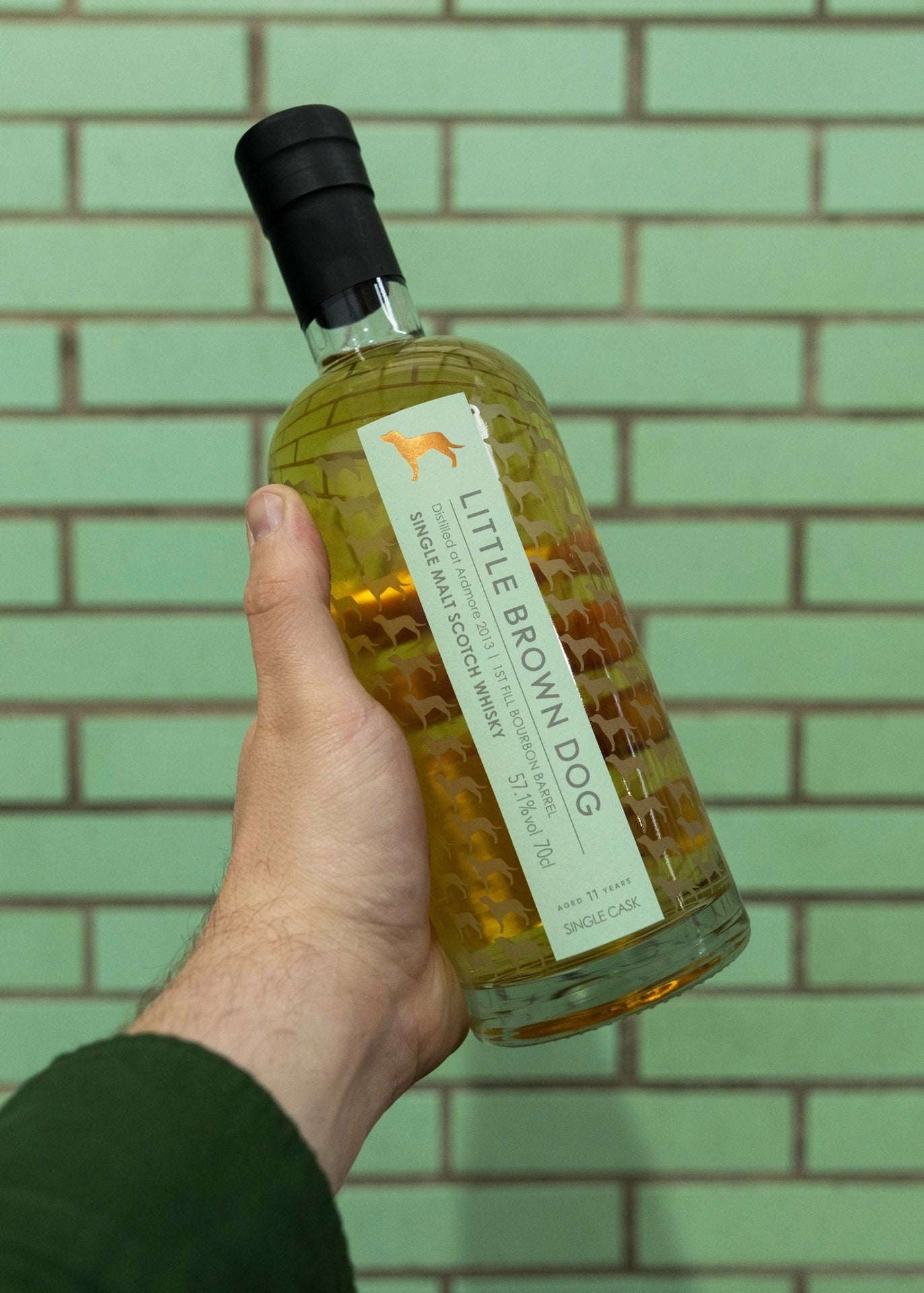
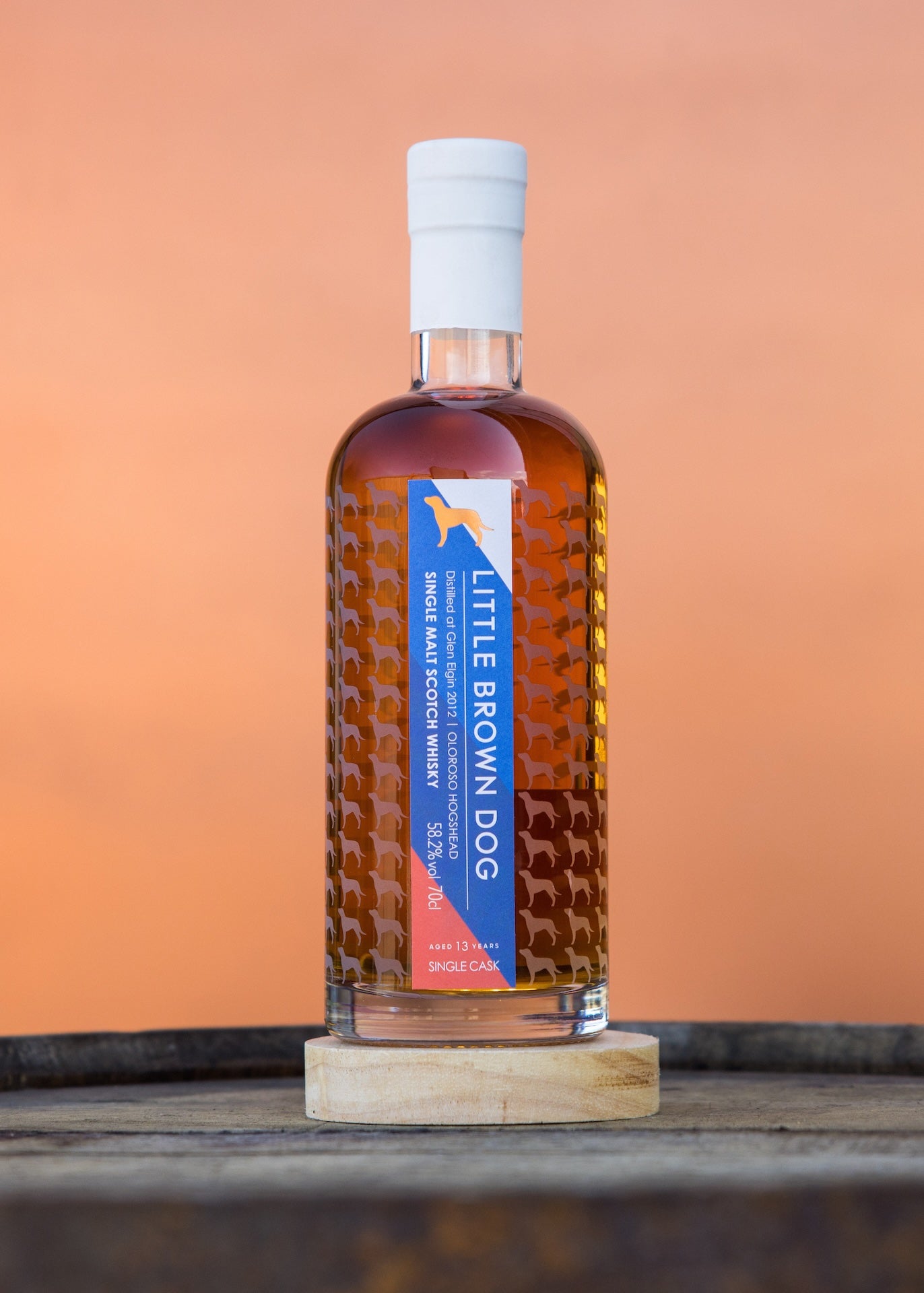
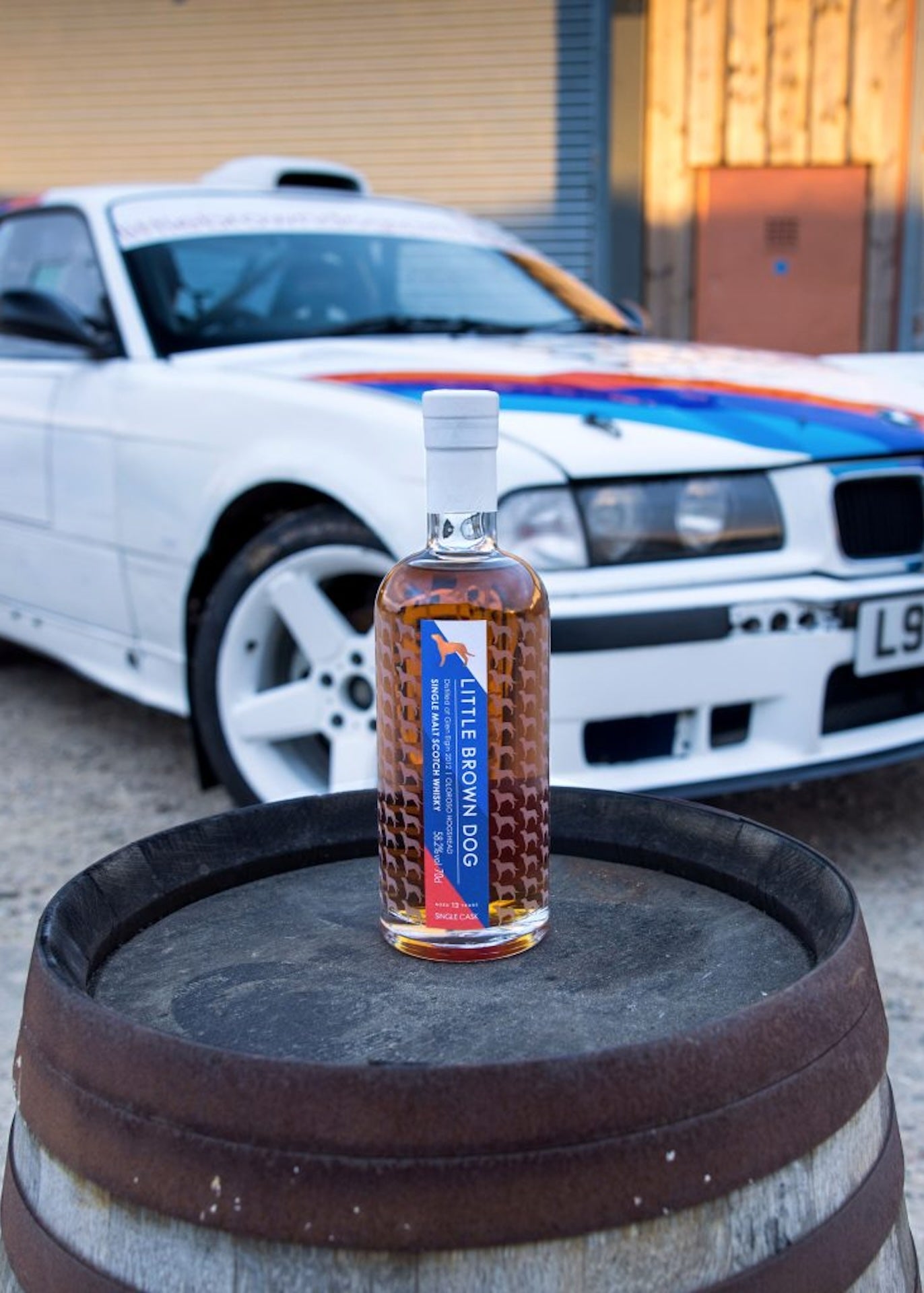
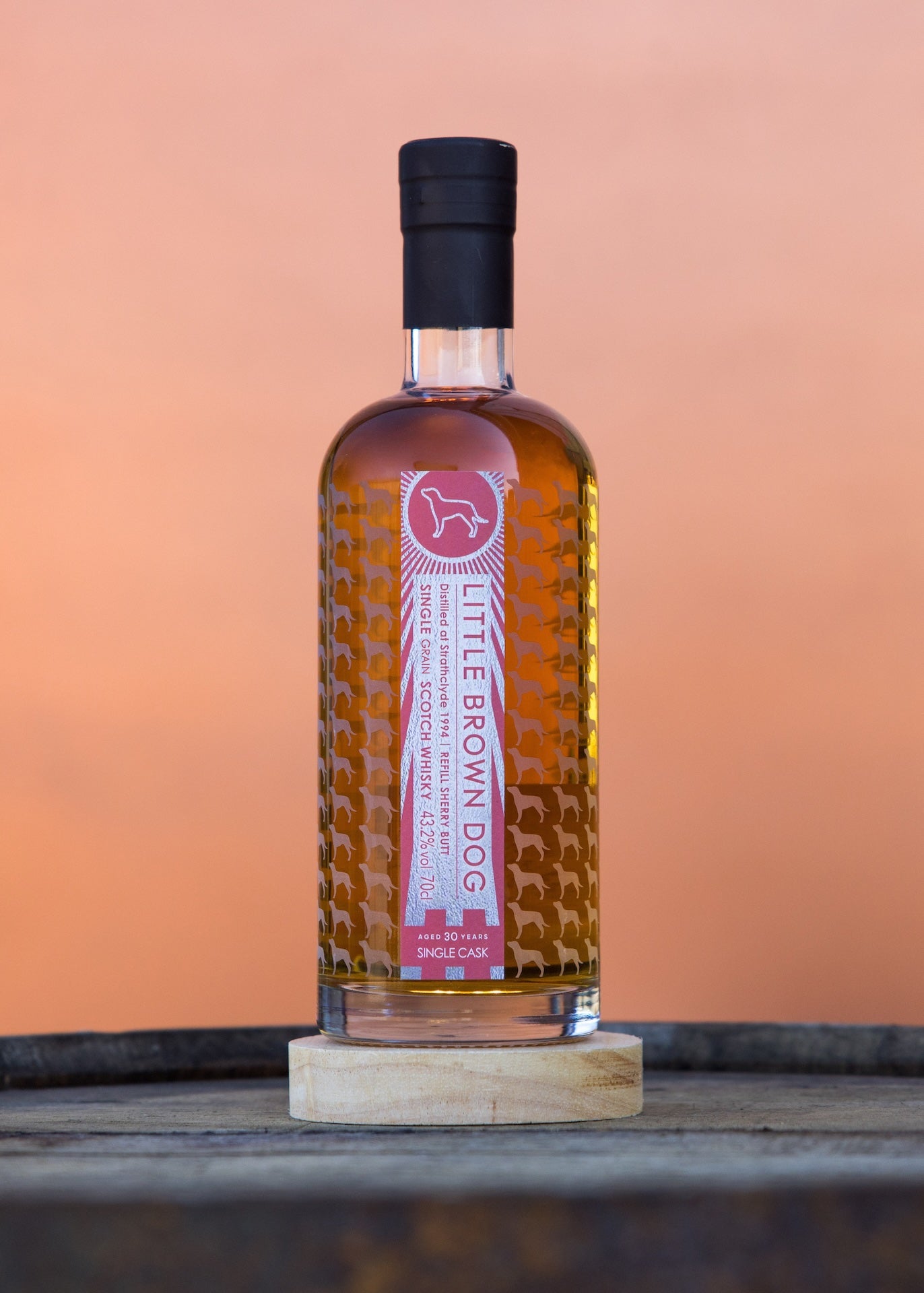
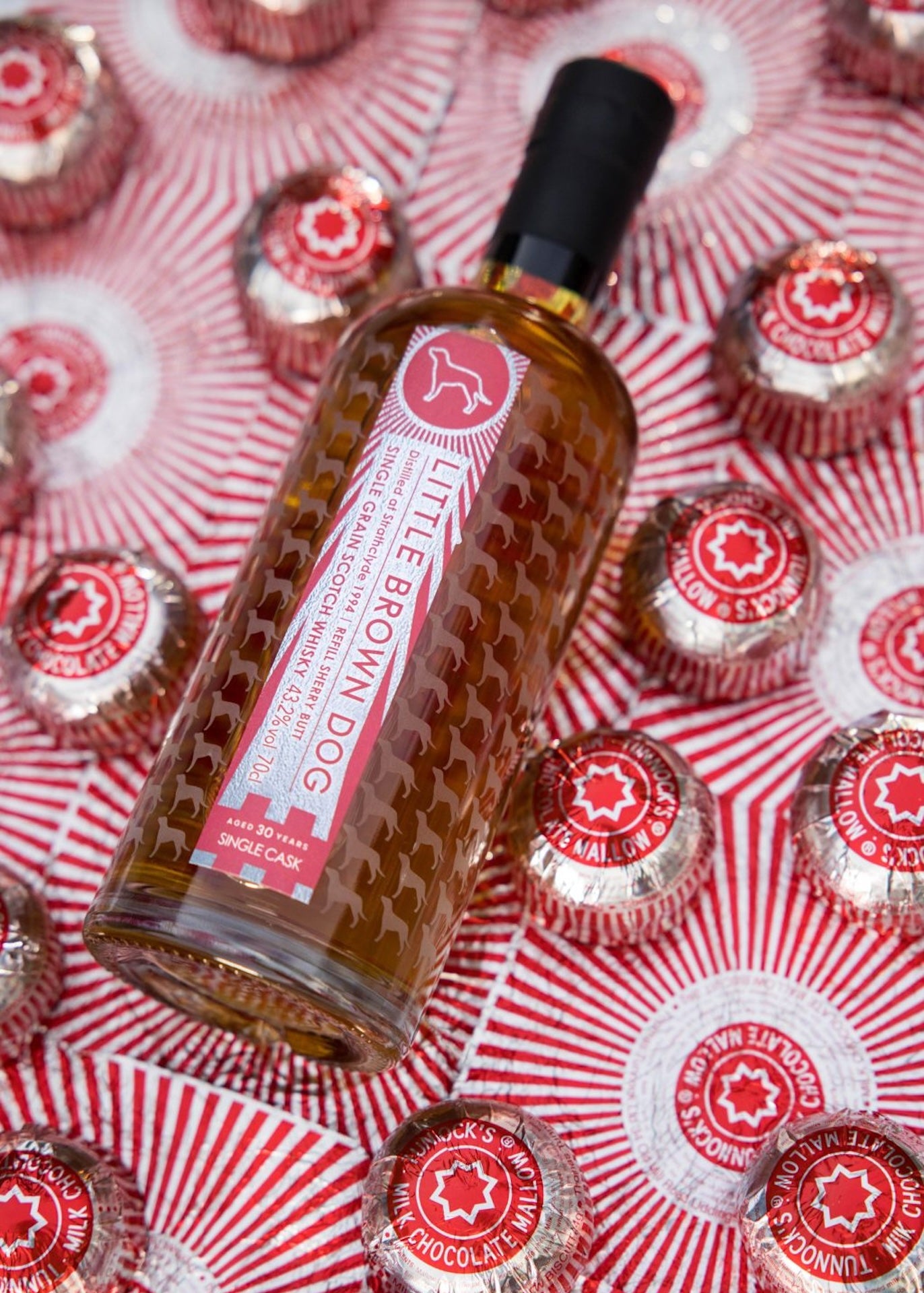
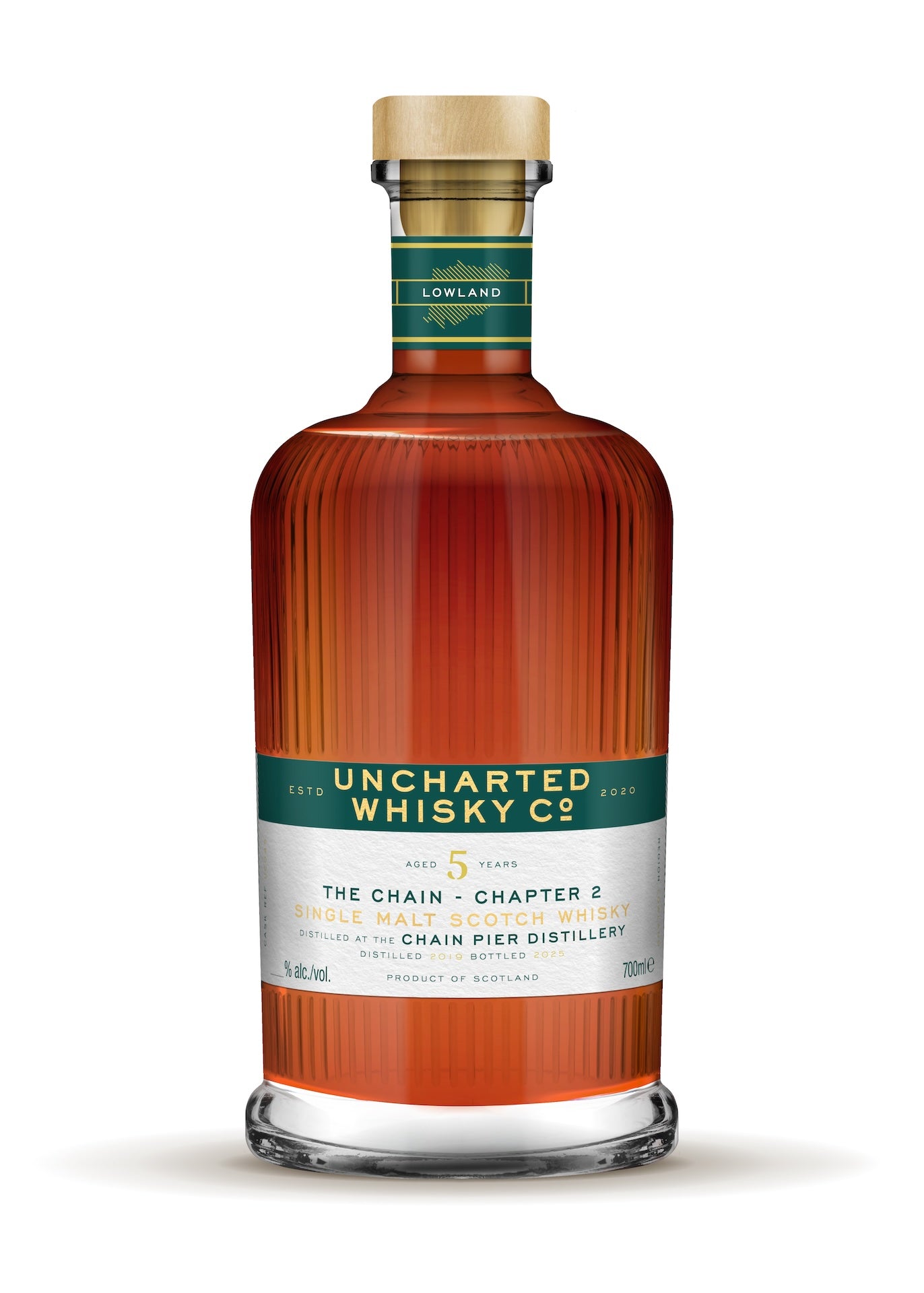
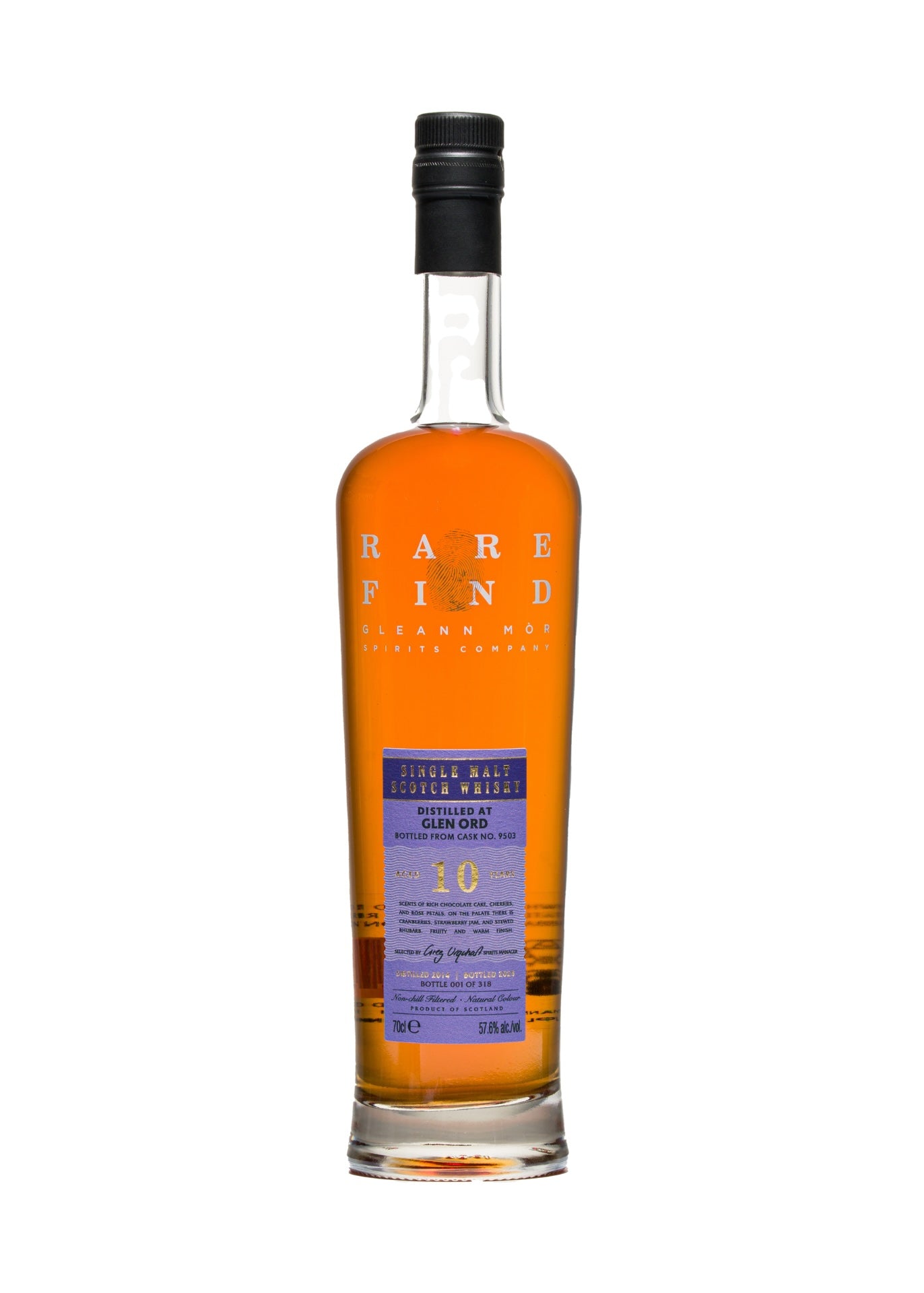
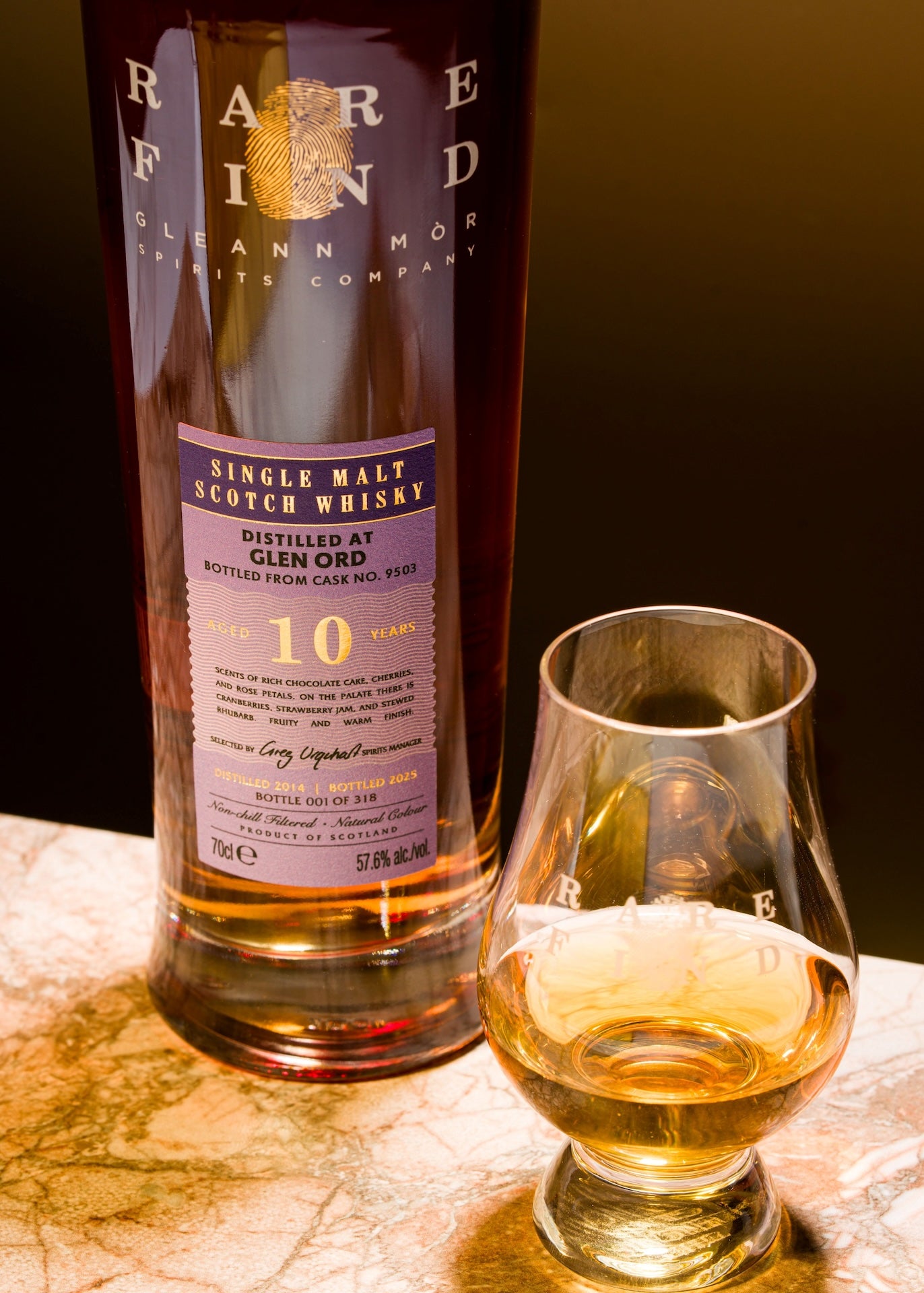
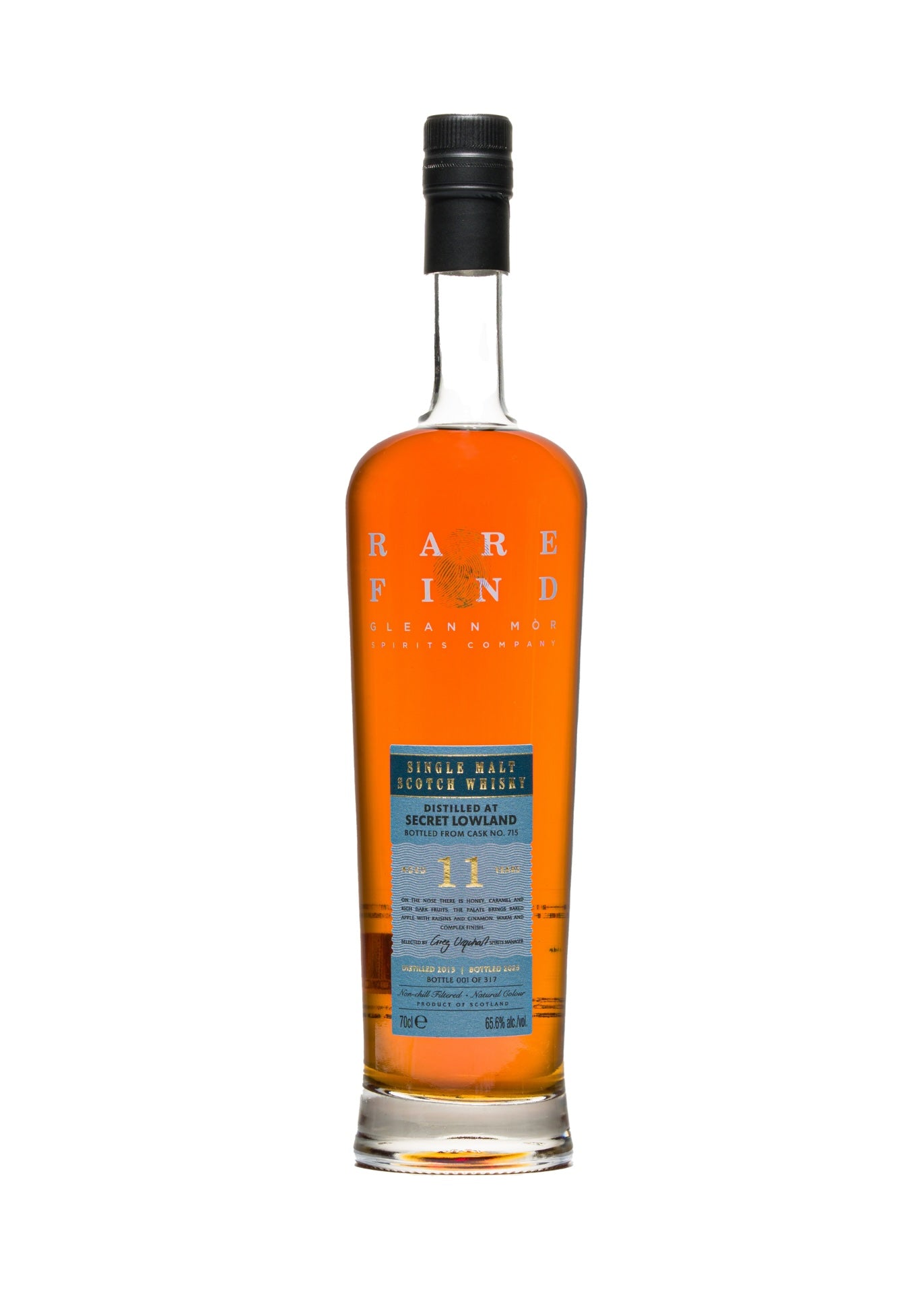
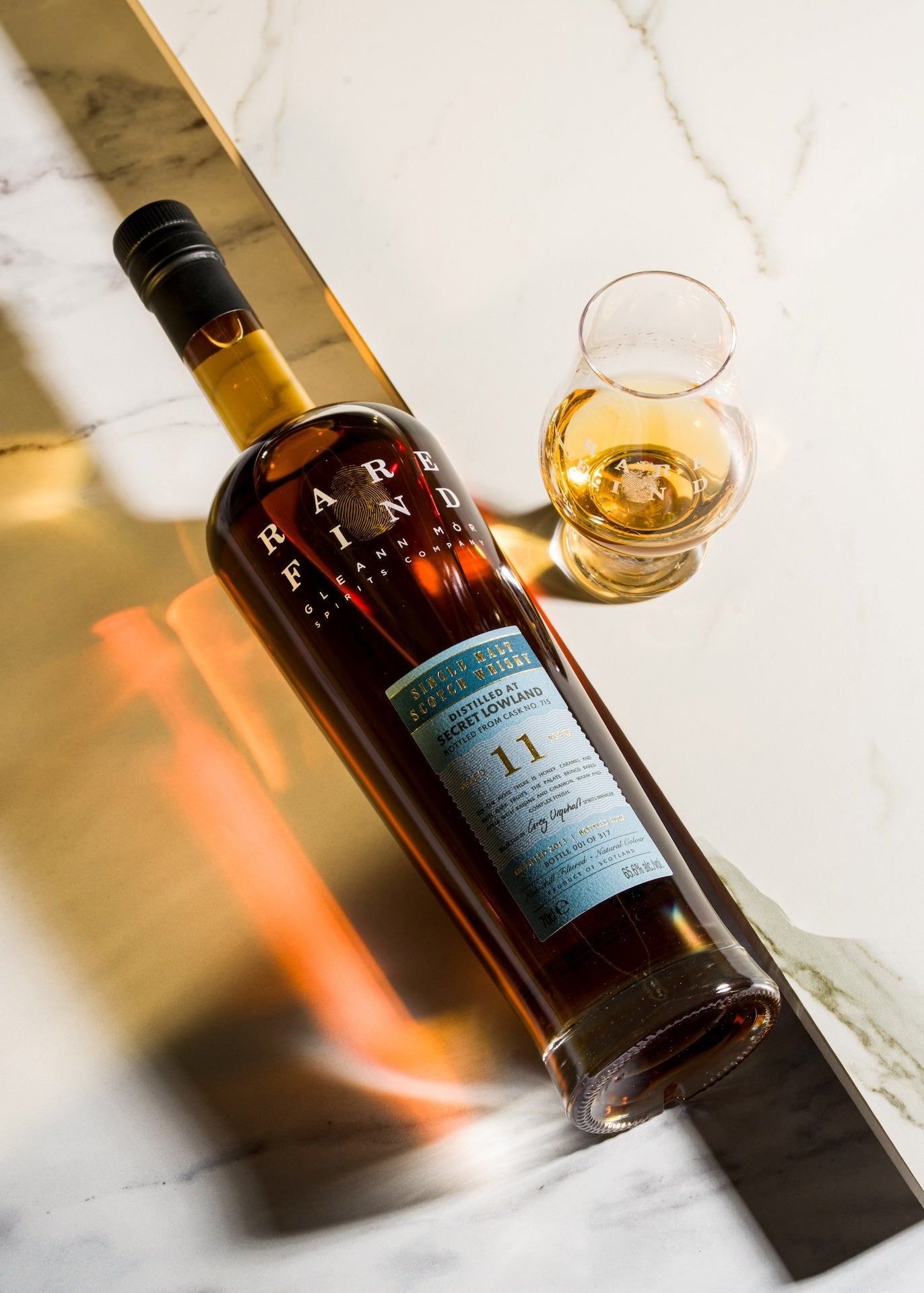
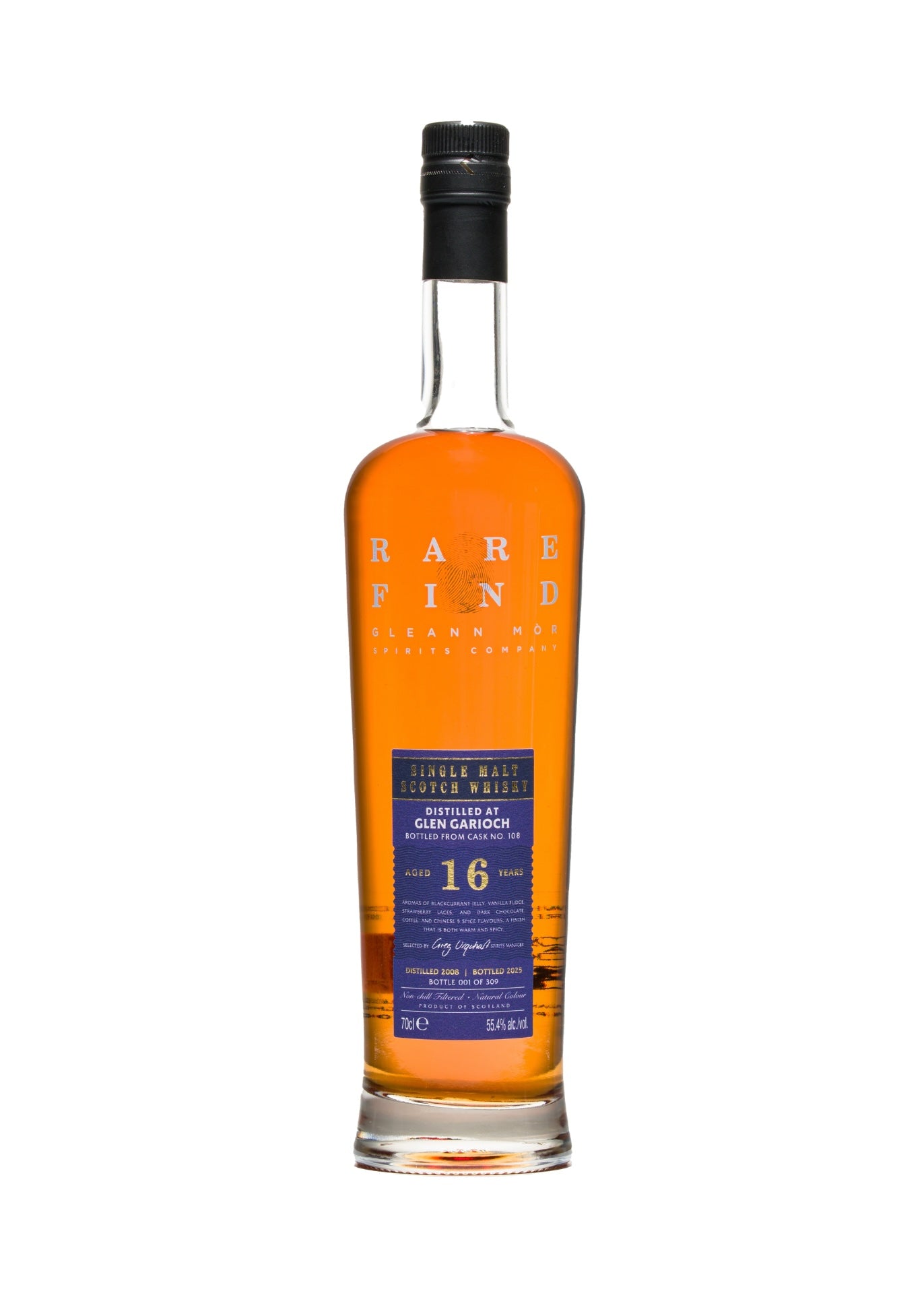
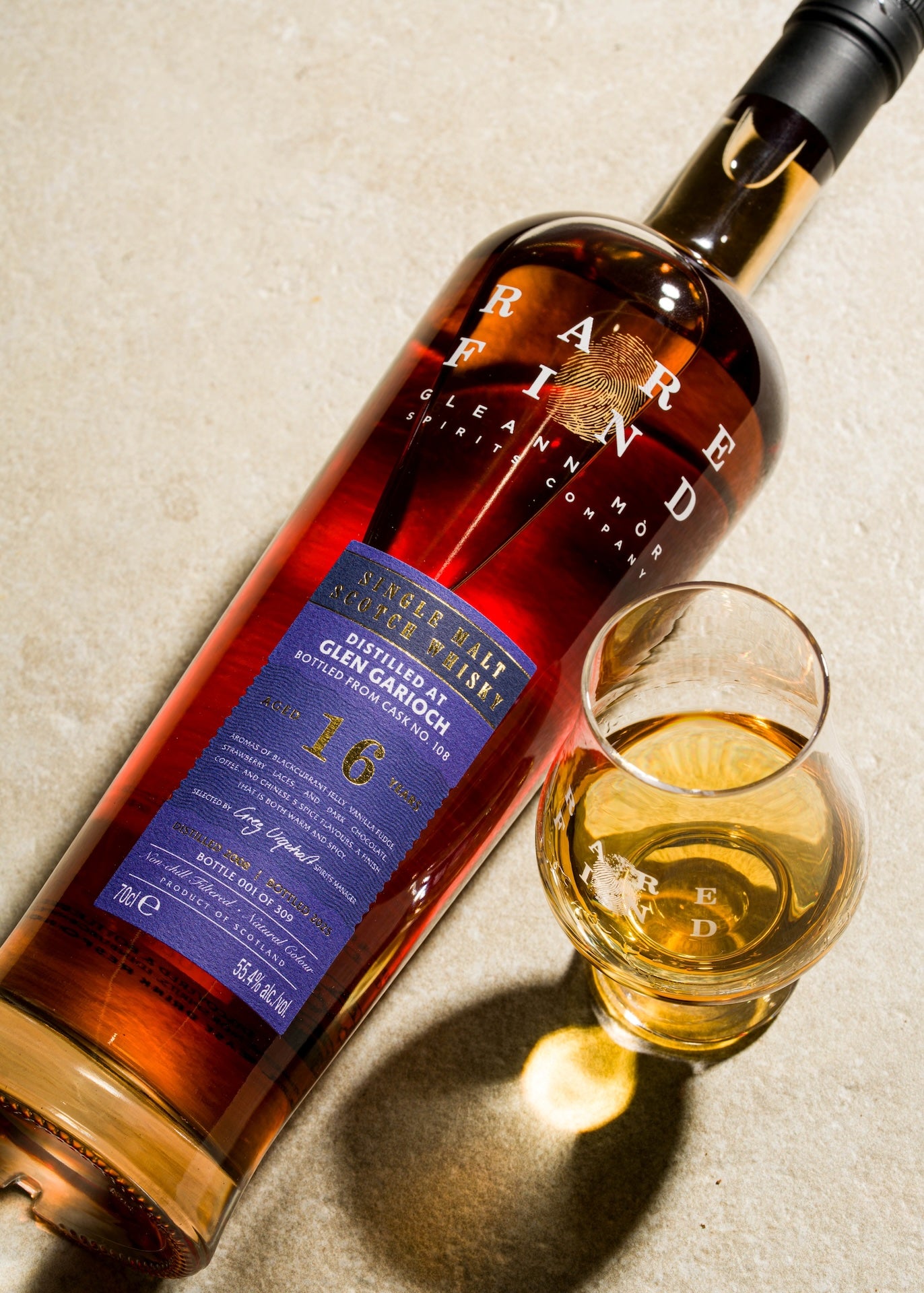
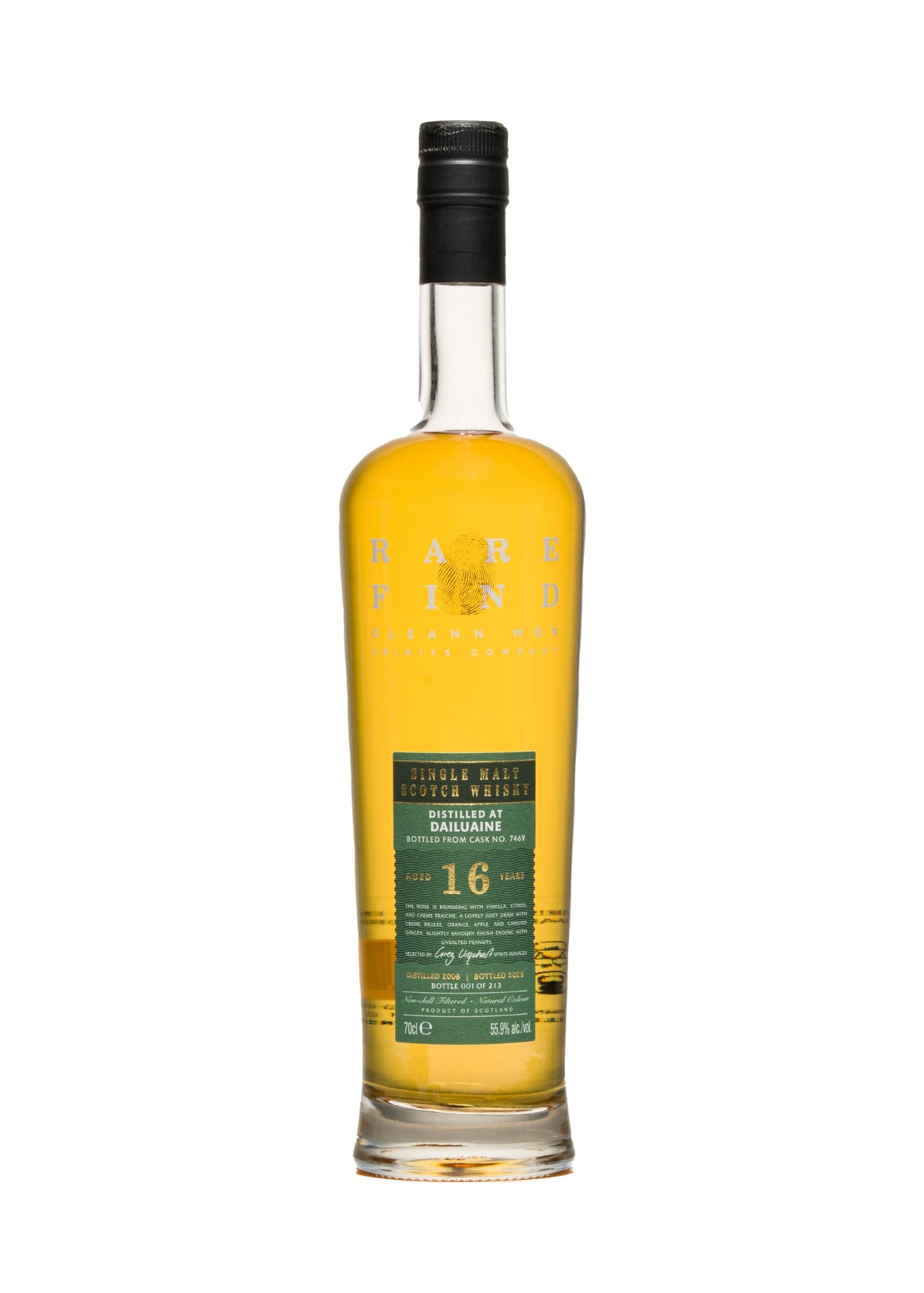
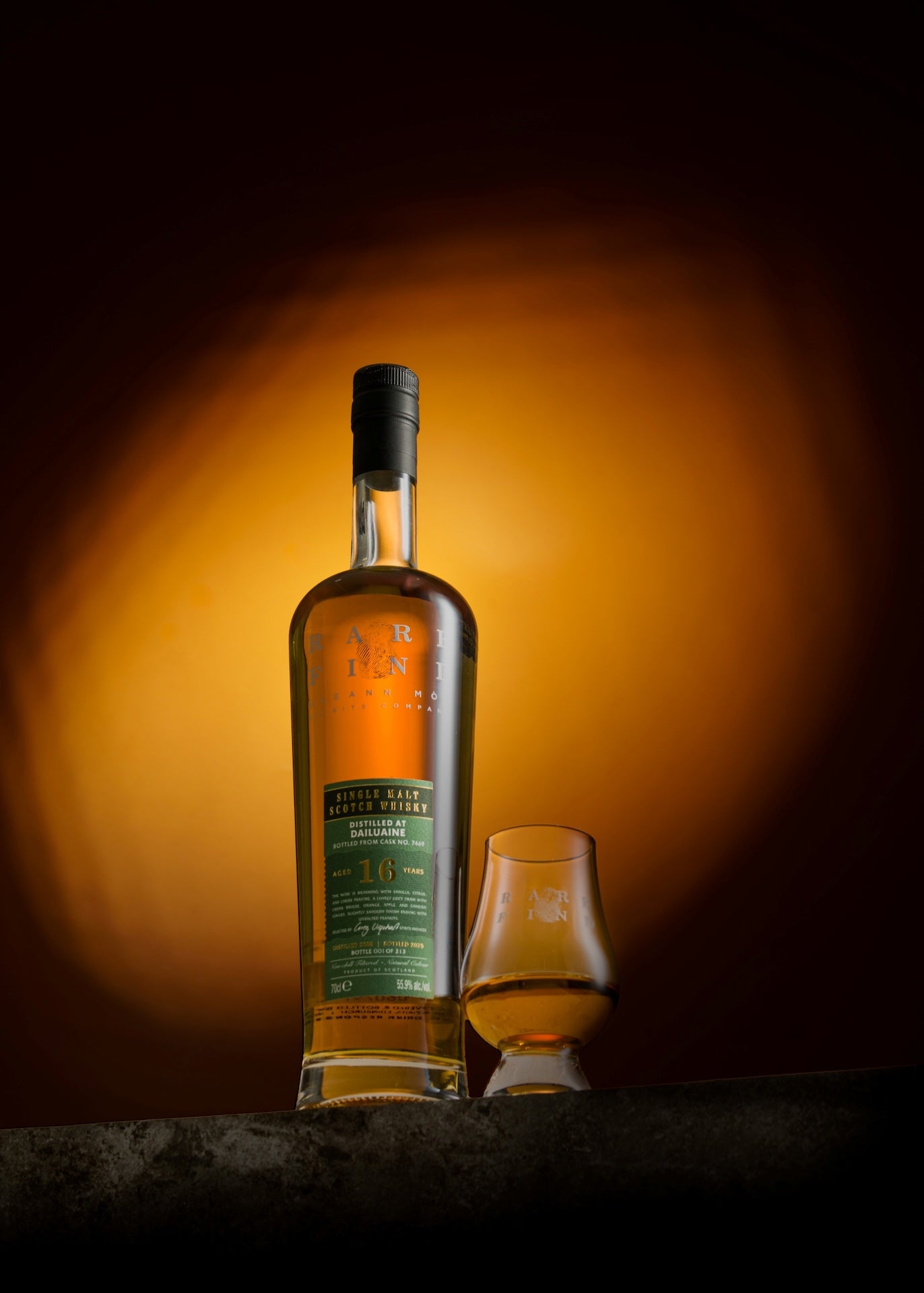
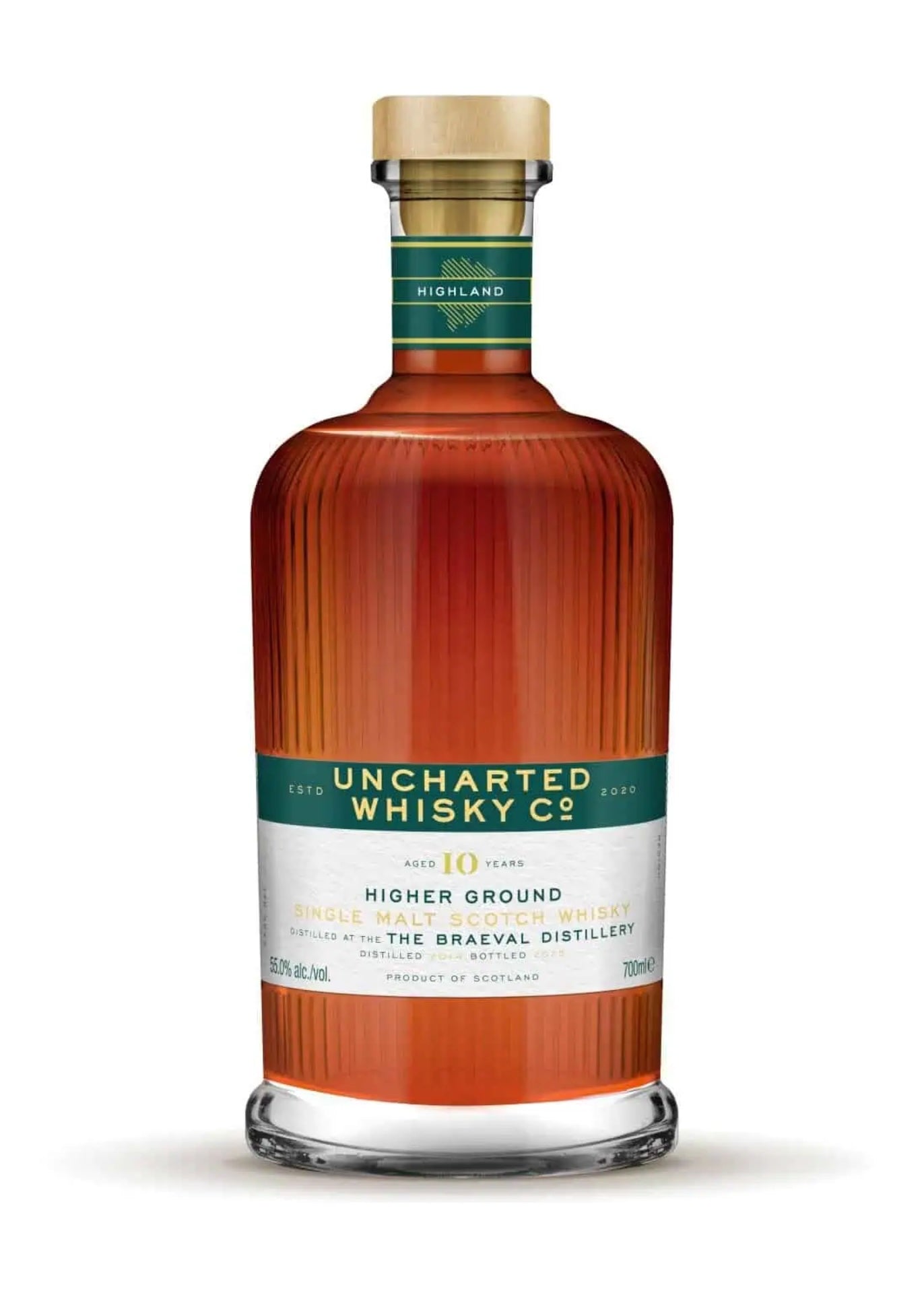
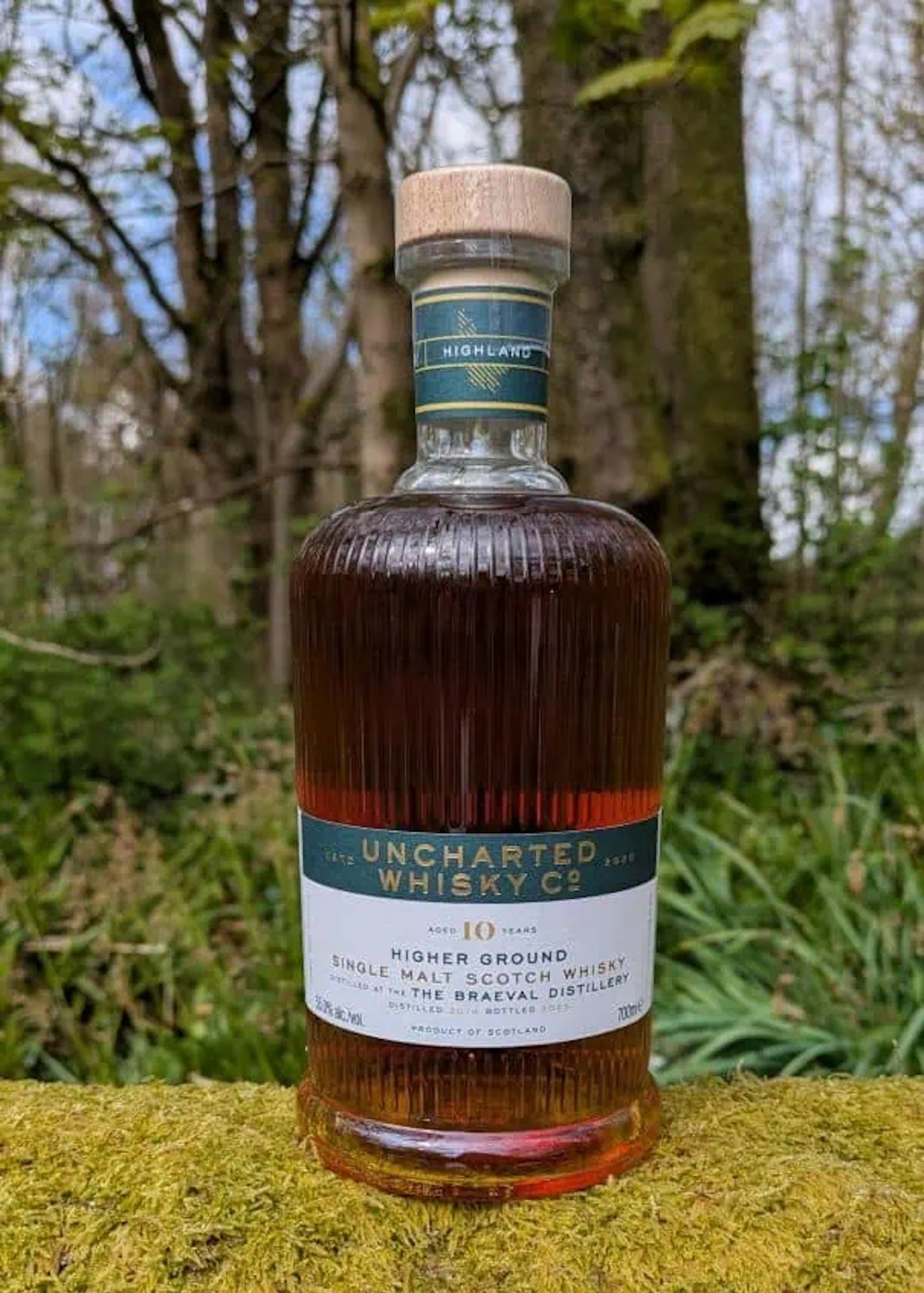
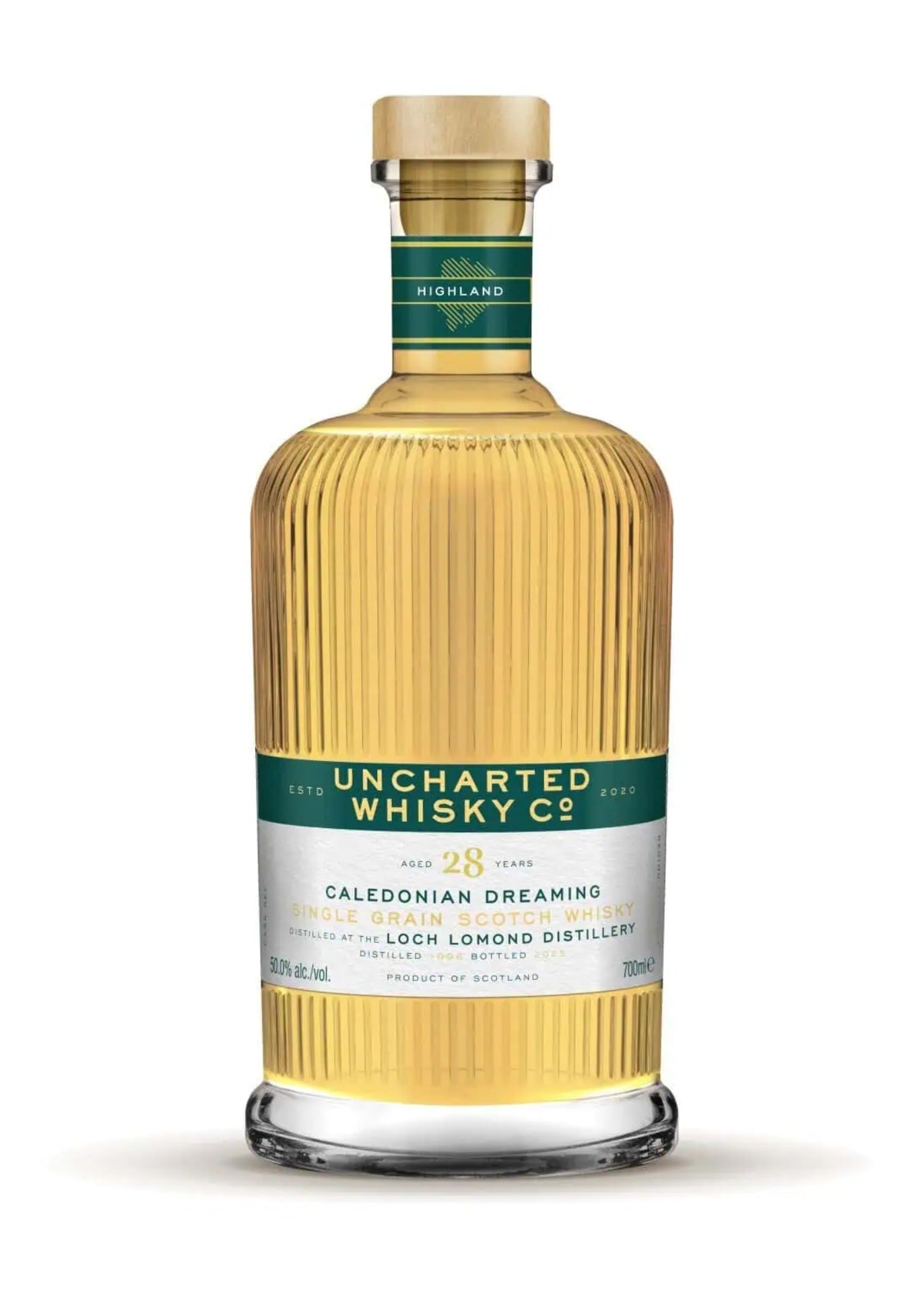
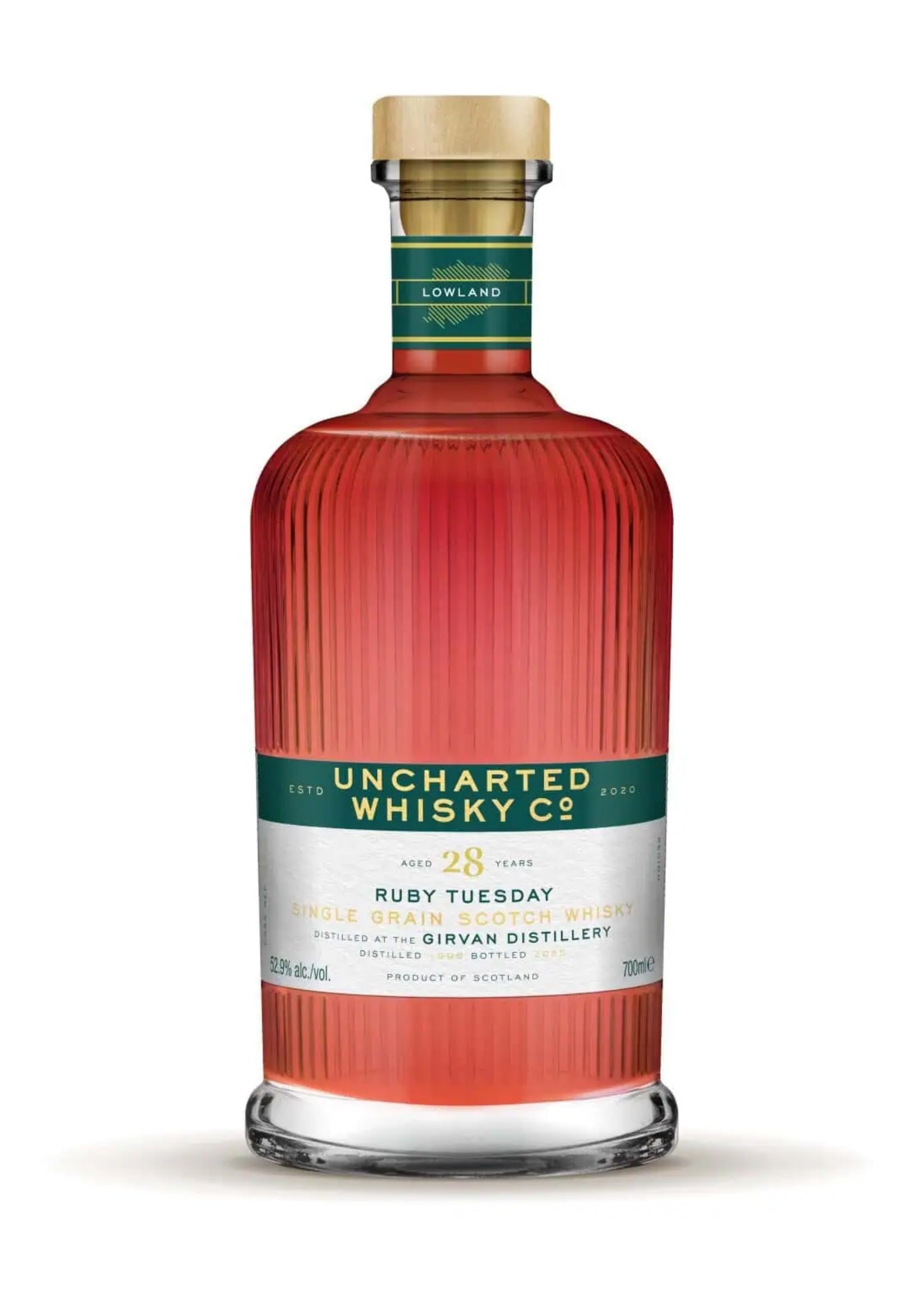
2 comments
Very informative article well put.
Please add or explain the abbreviations like ABV, VS, VSOP, XO, etc.
Sibulele
Very informative article well put.
Please add or explain the abbreviations like ABV, VO, VSOP, XO, etc.
Sibulele
Leave a comment
This site is protected by hCaptcha and the hCaptcha Privacy Policy and Terms of Service apply.